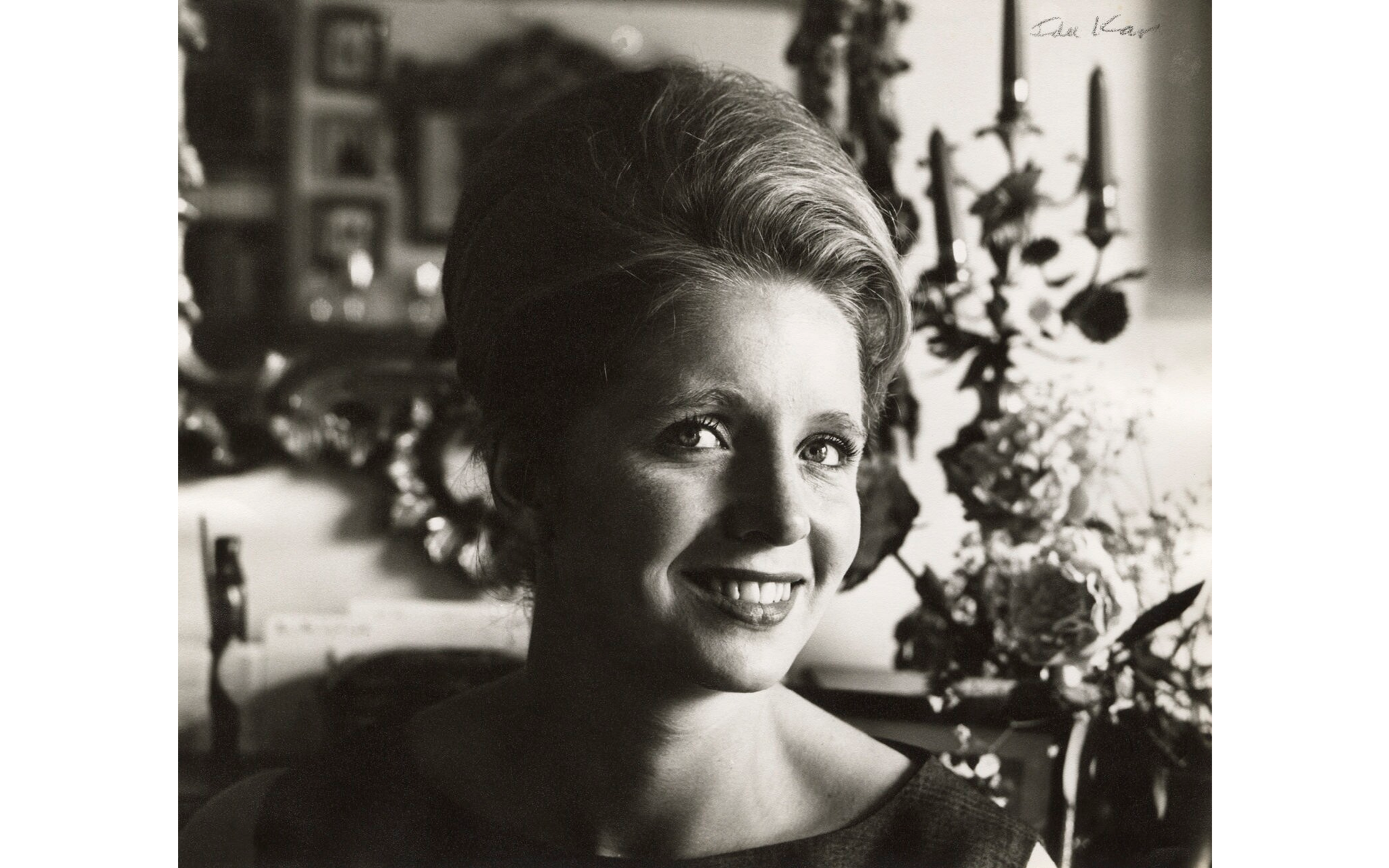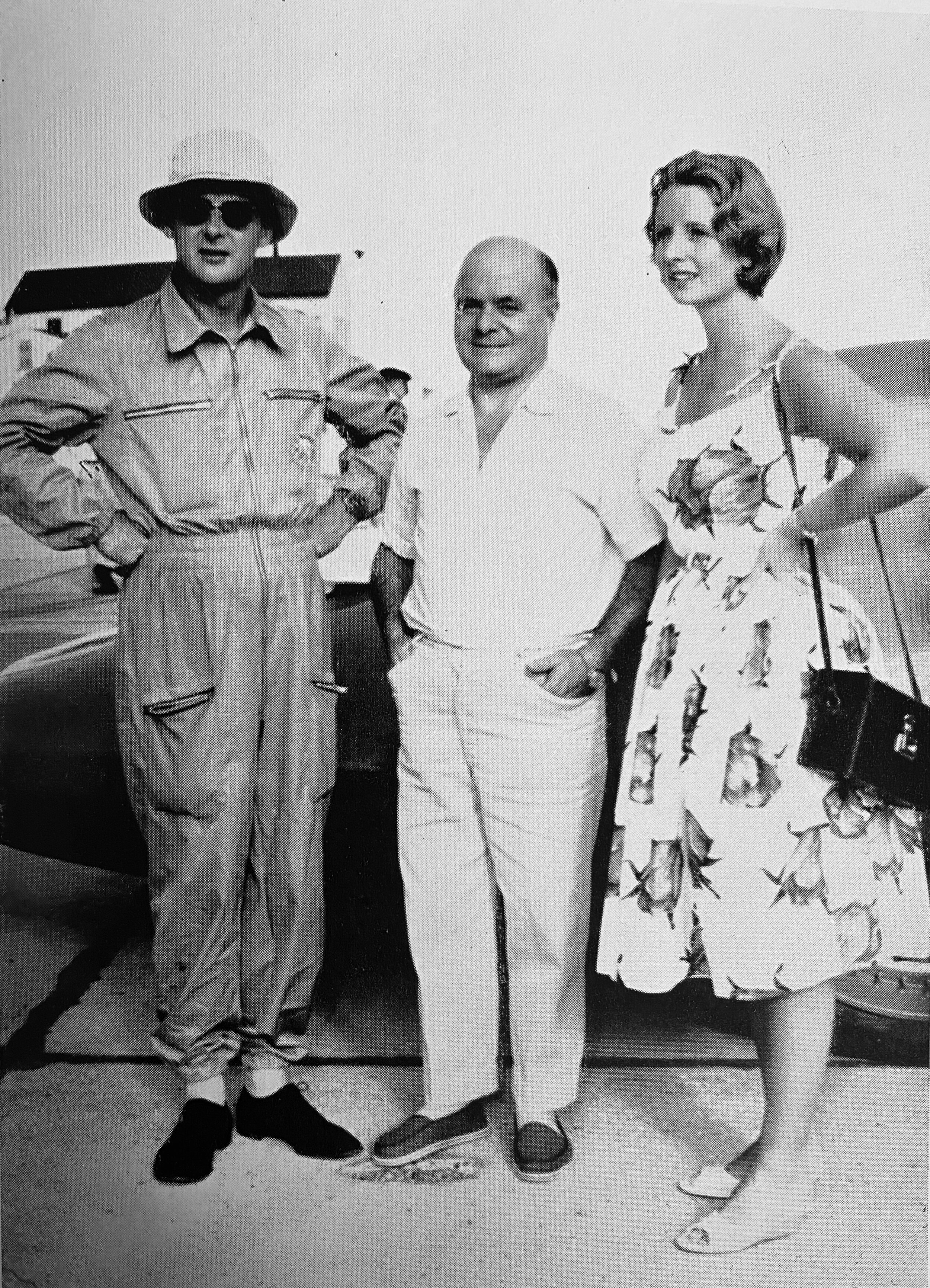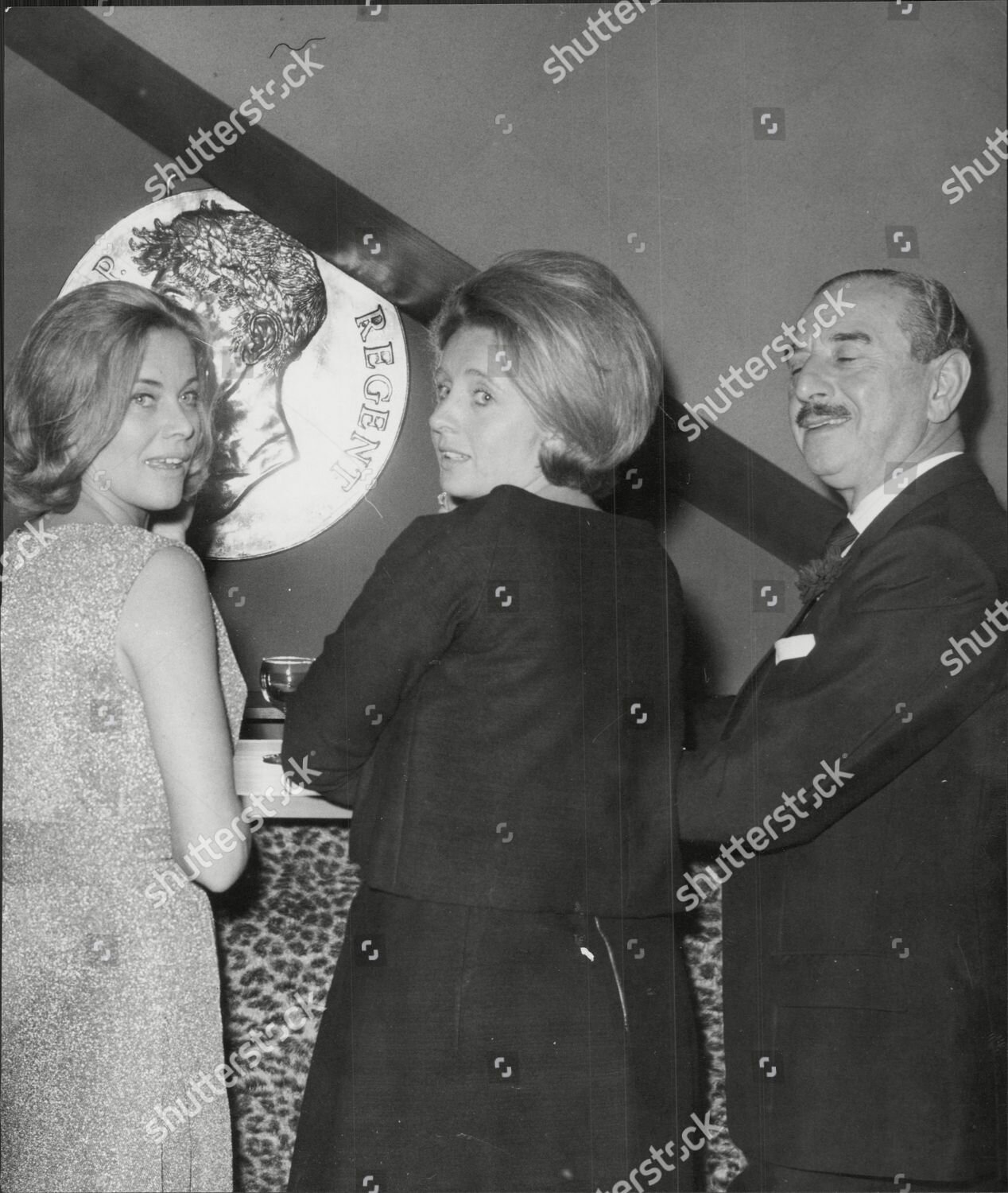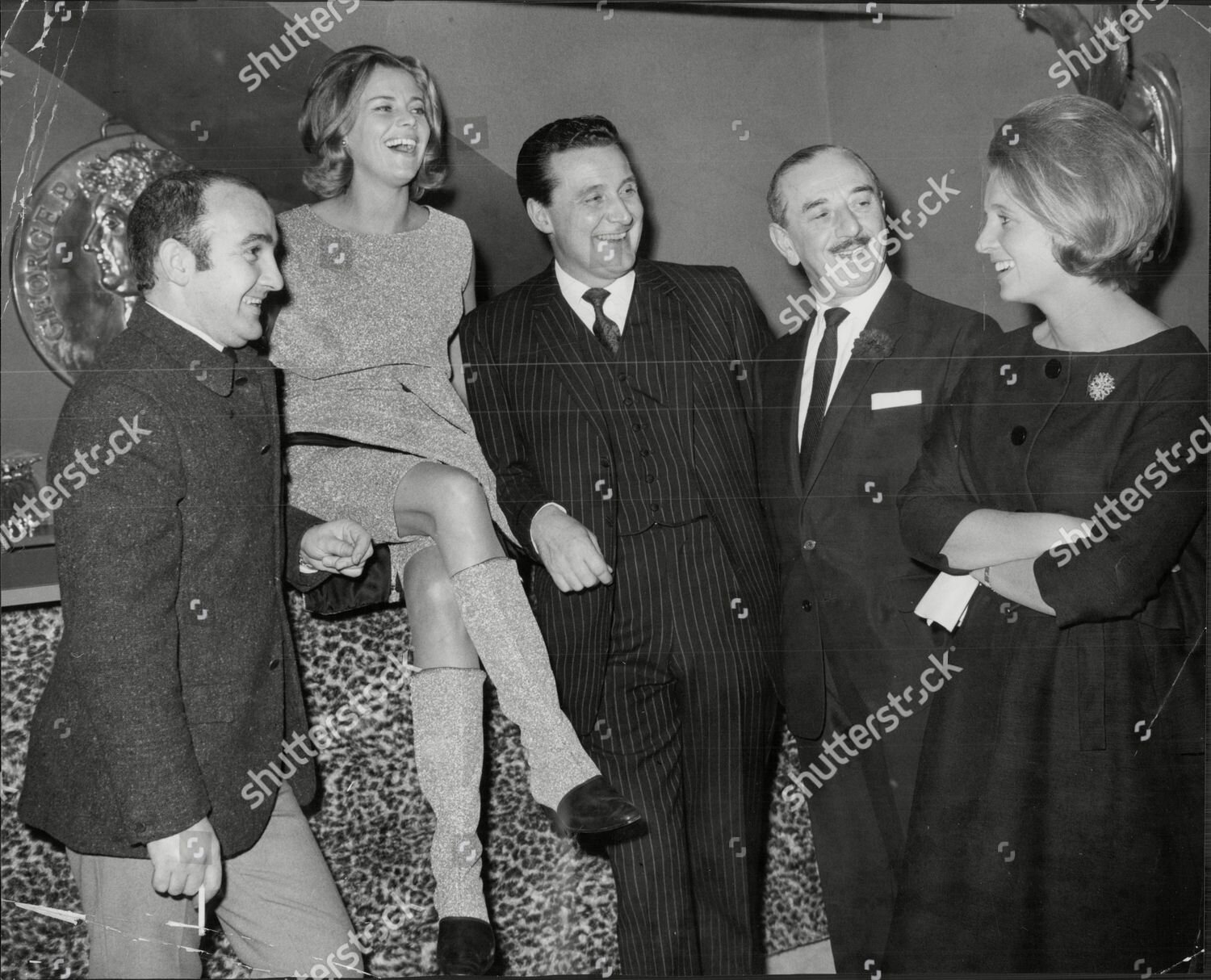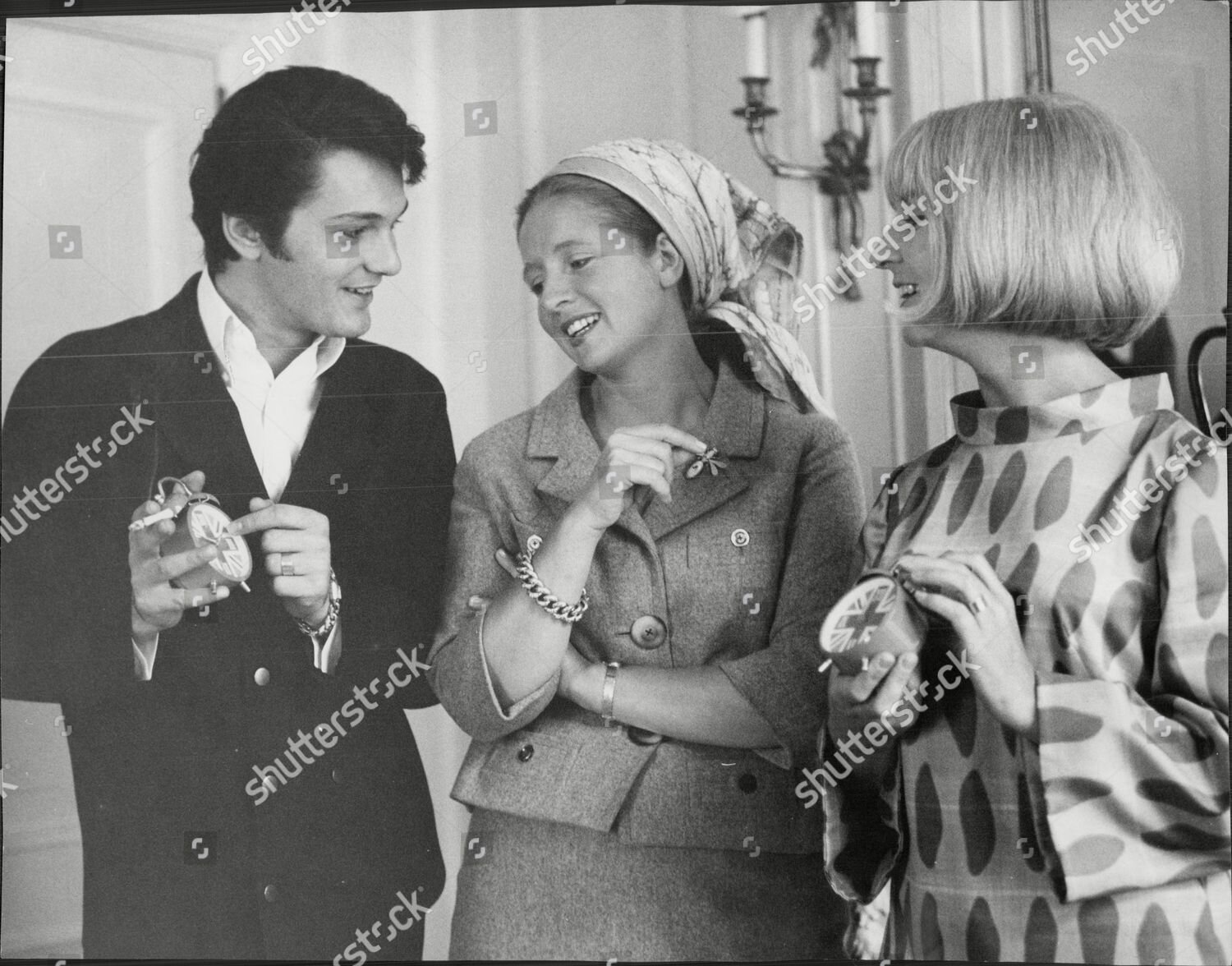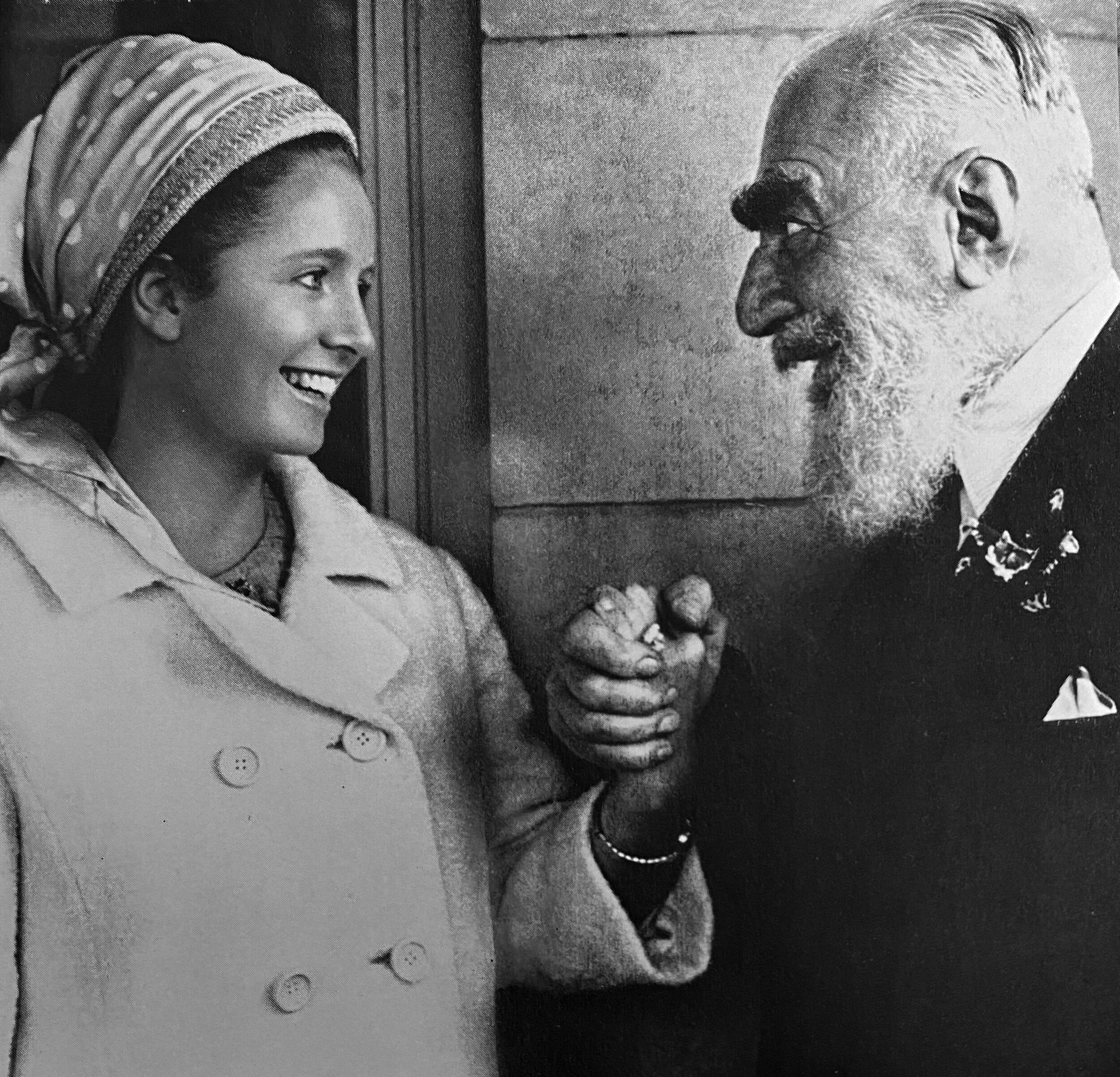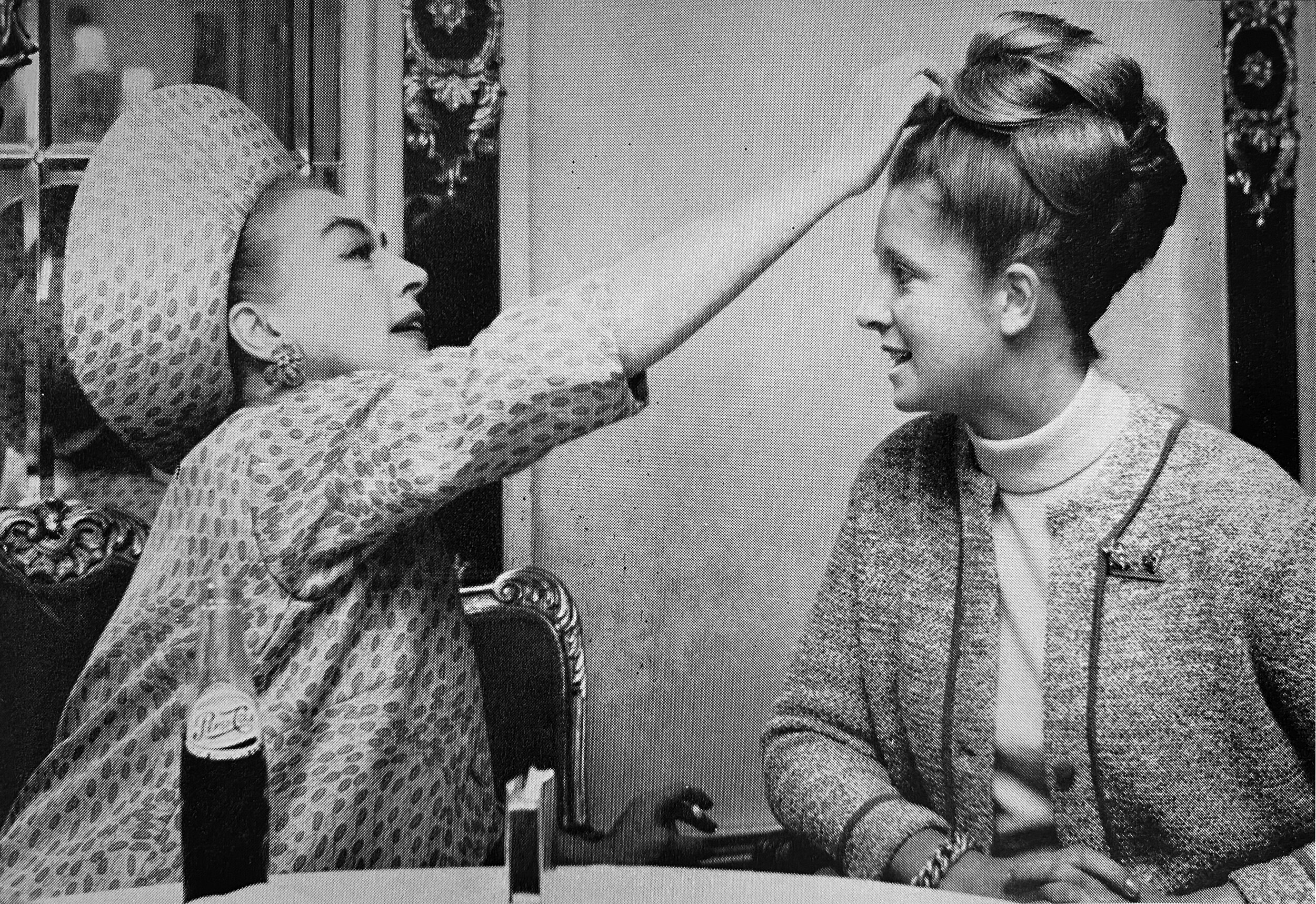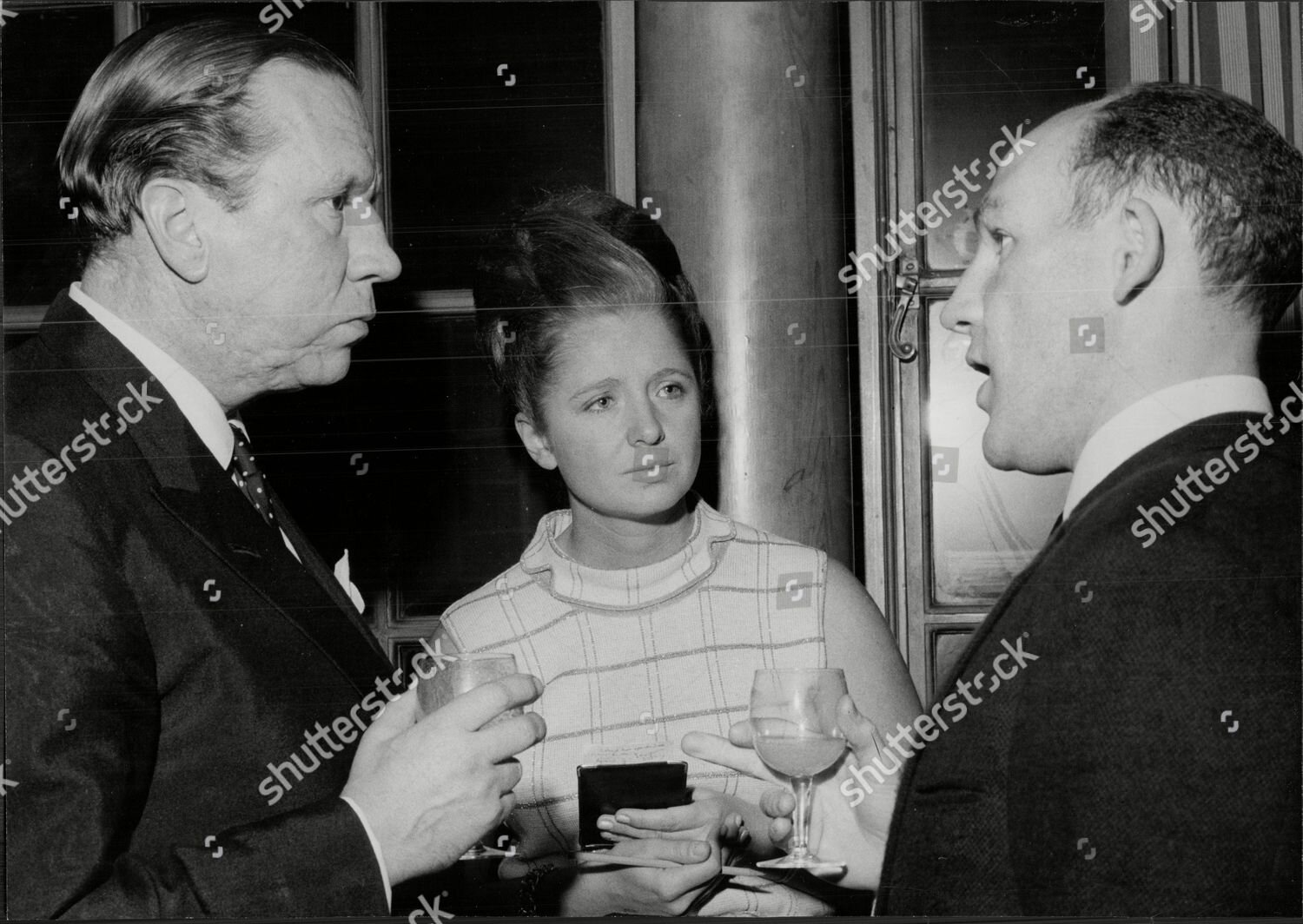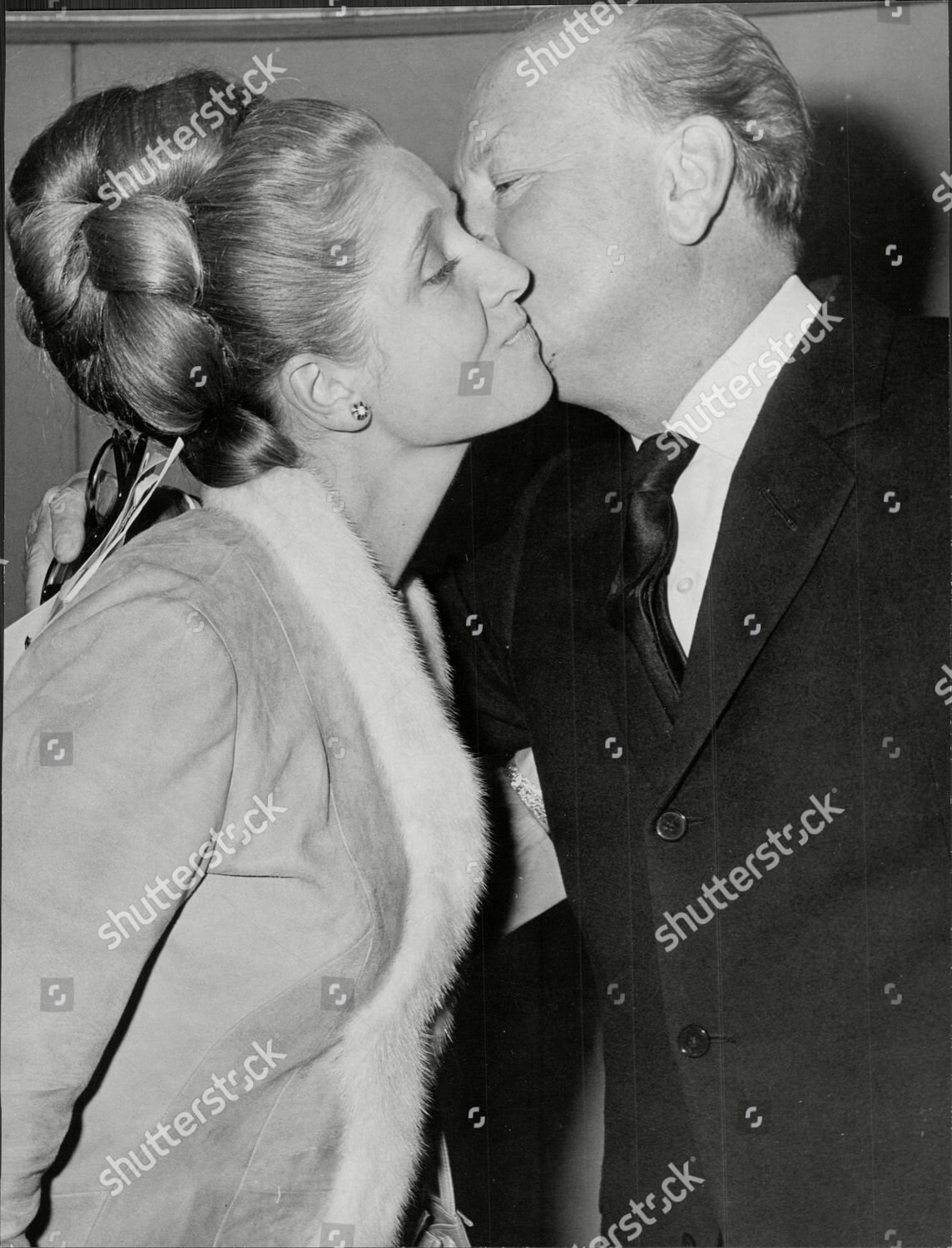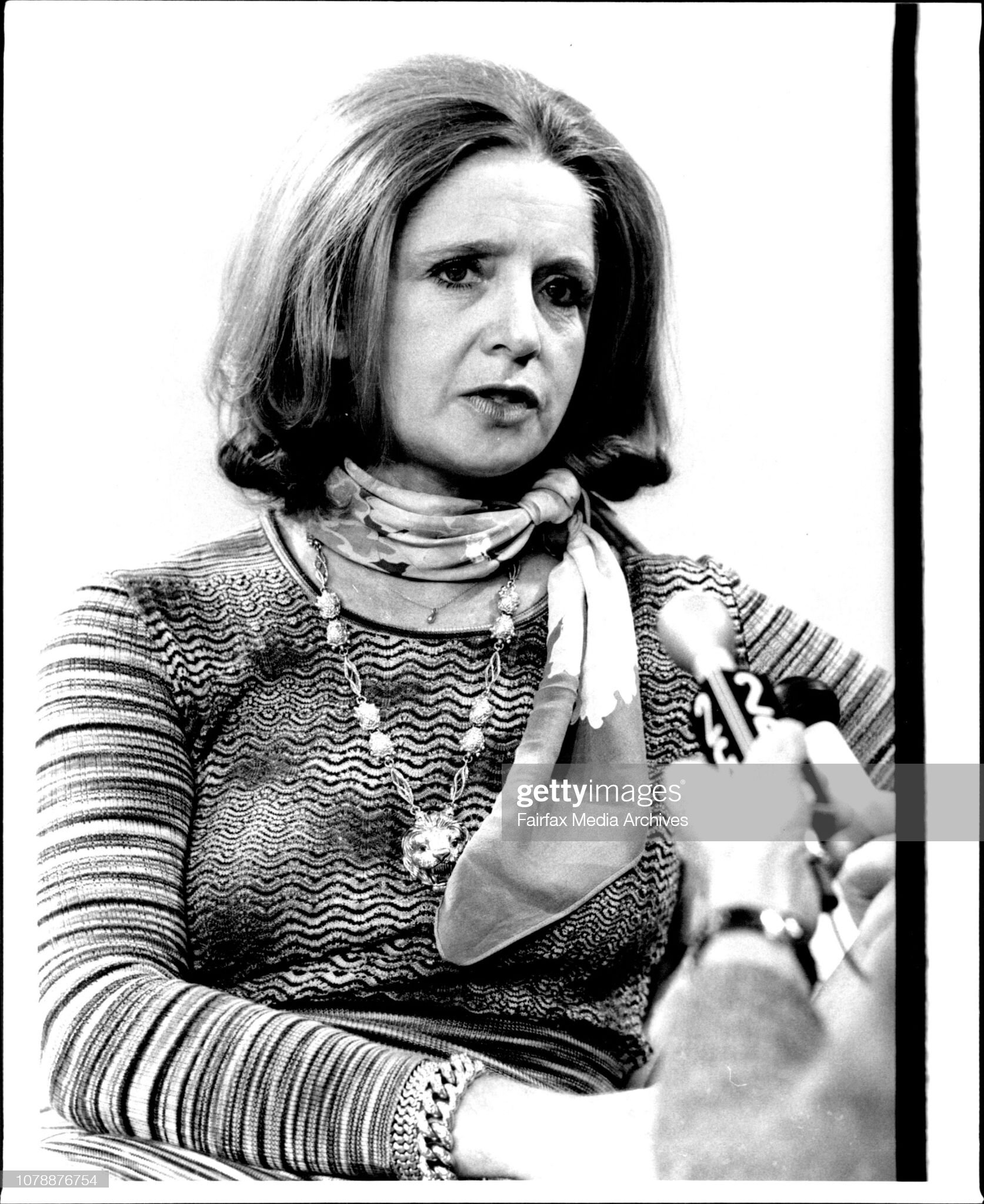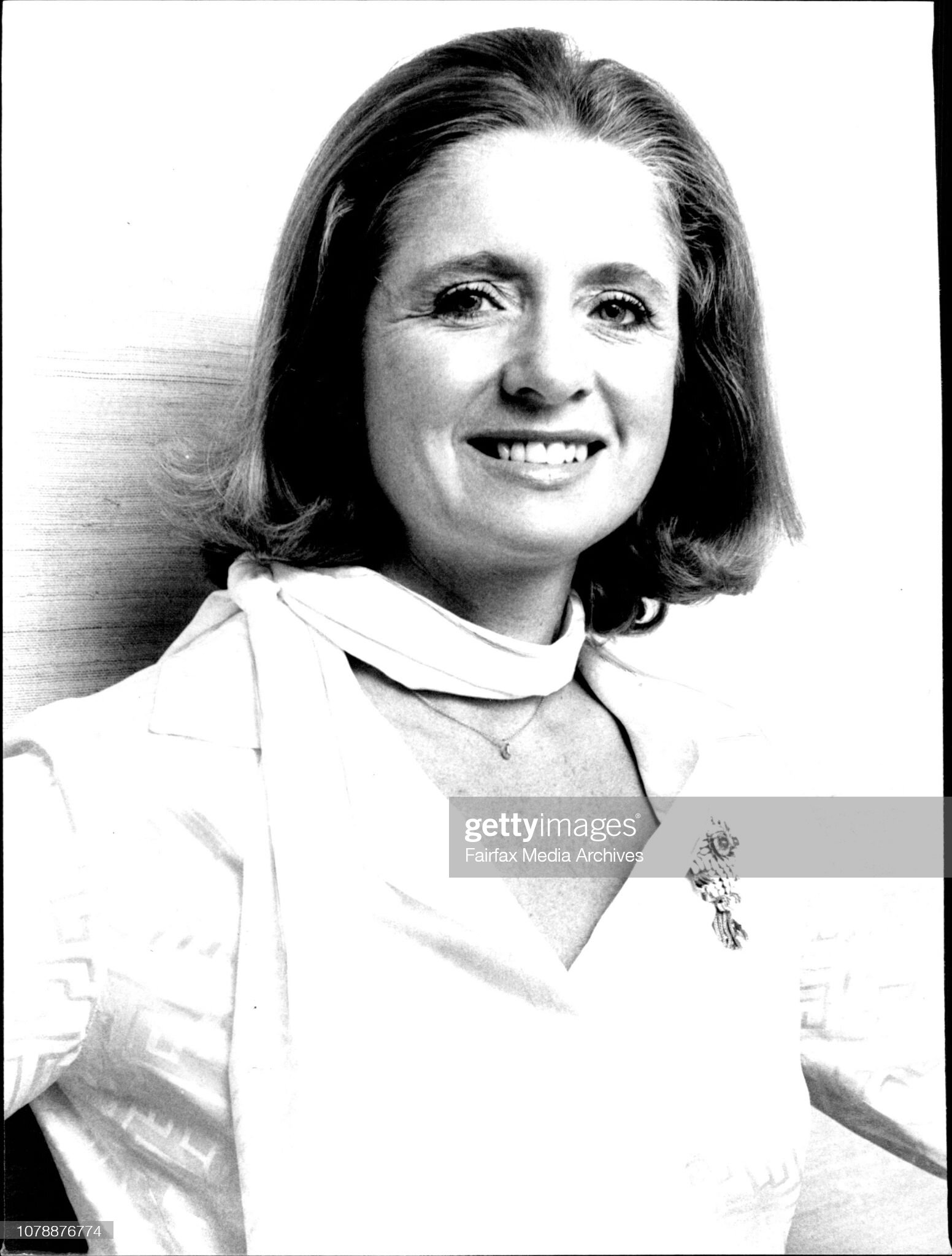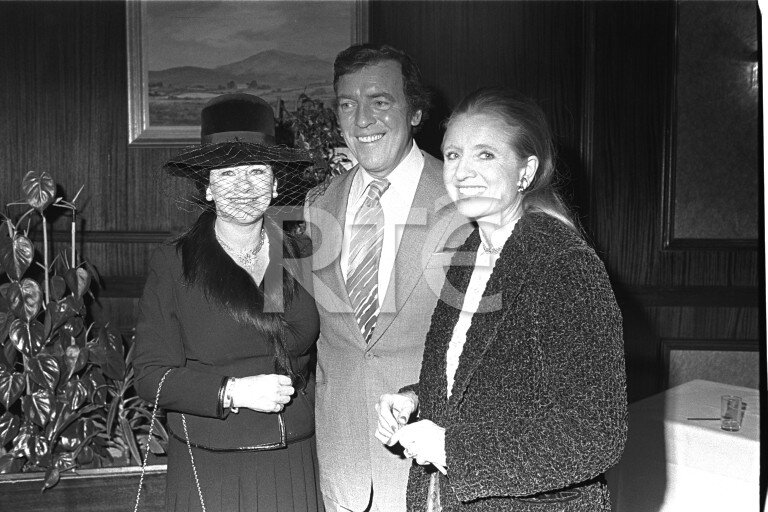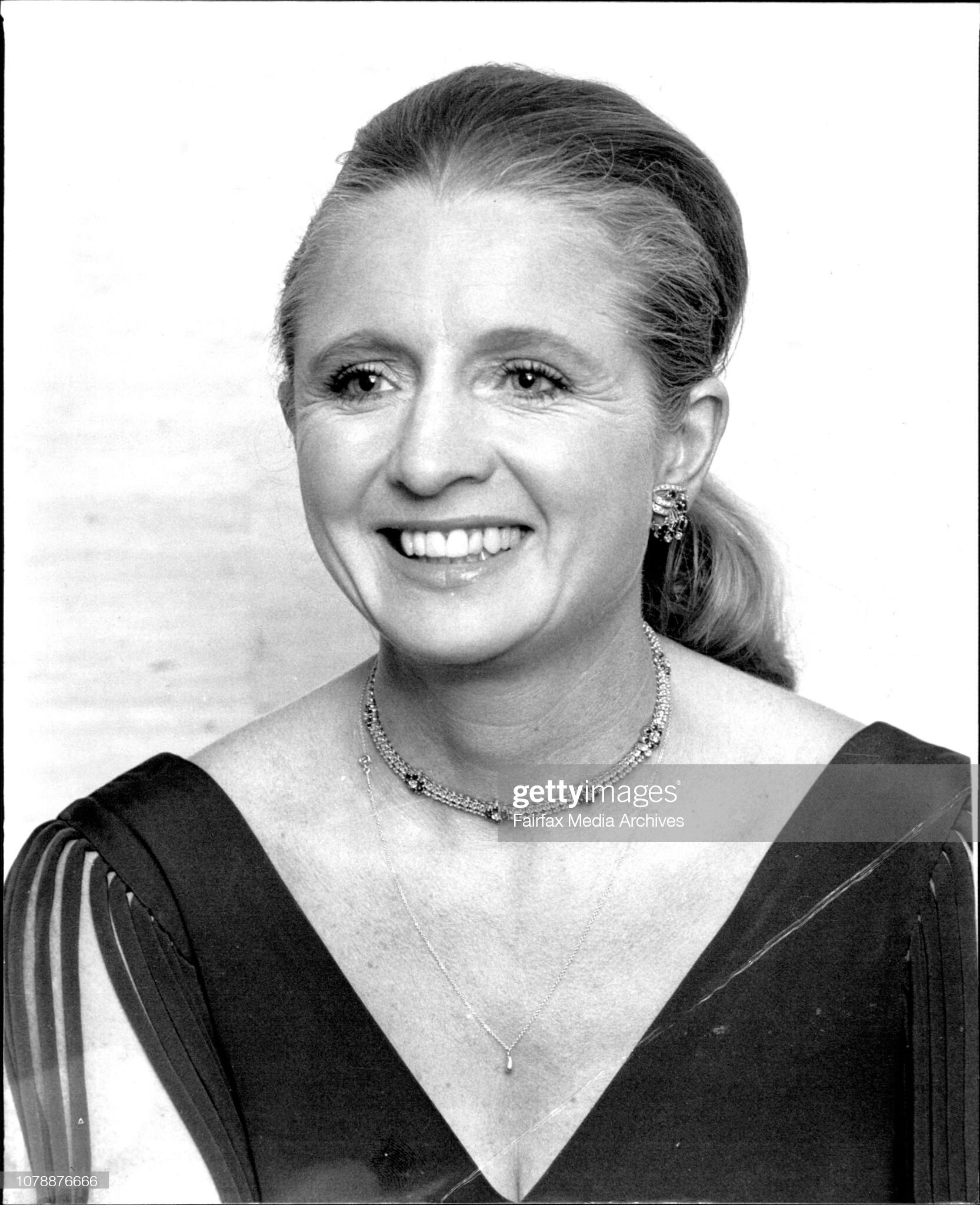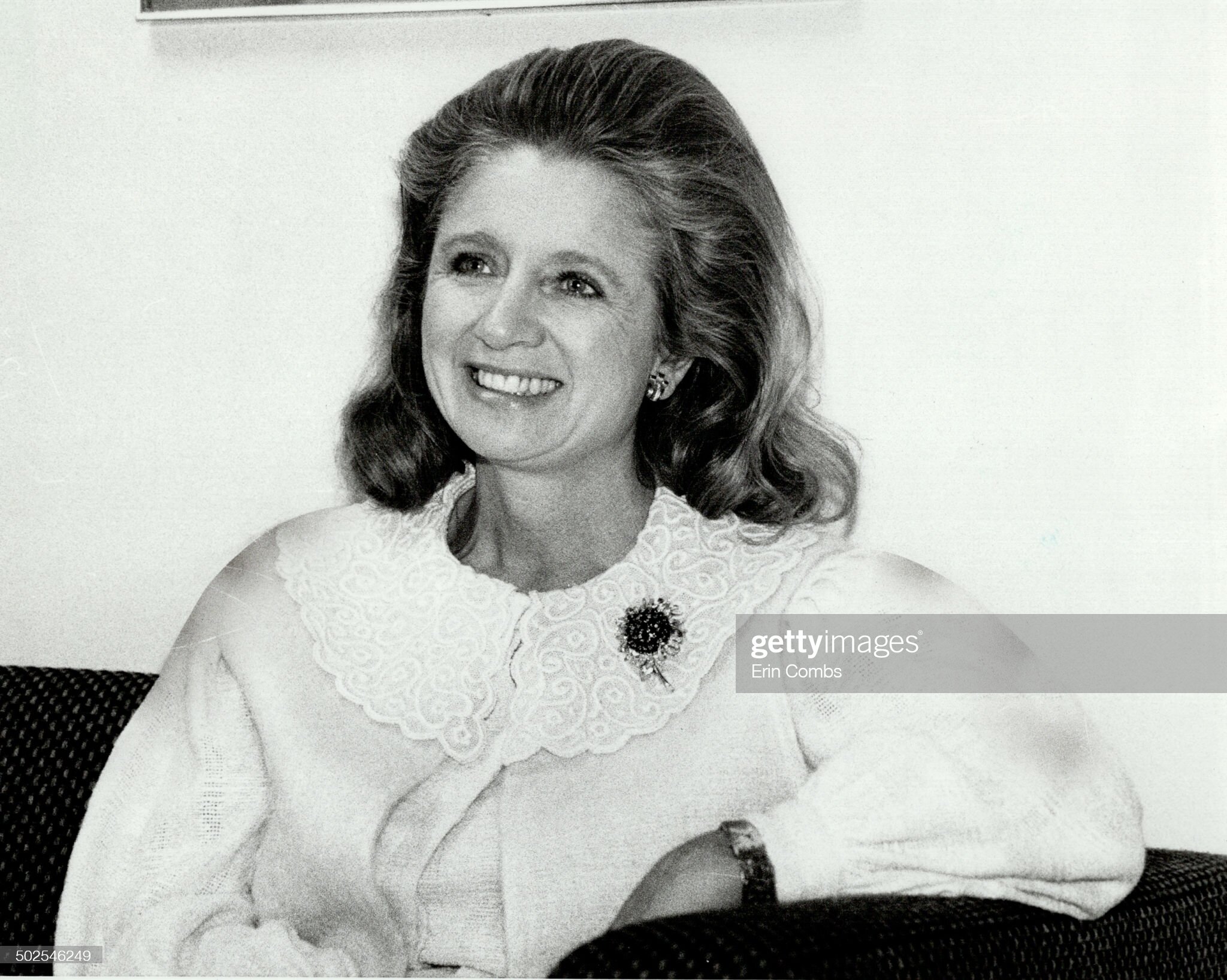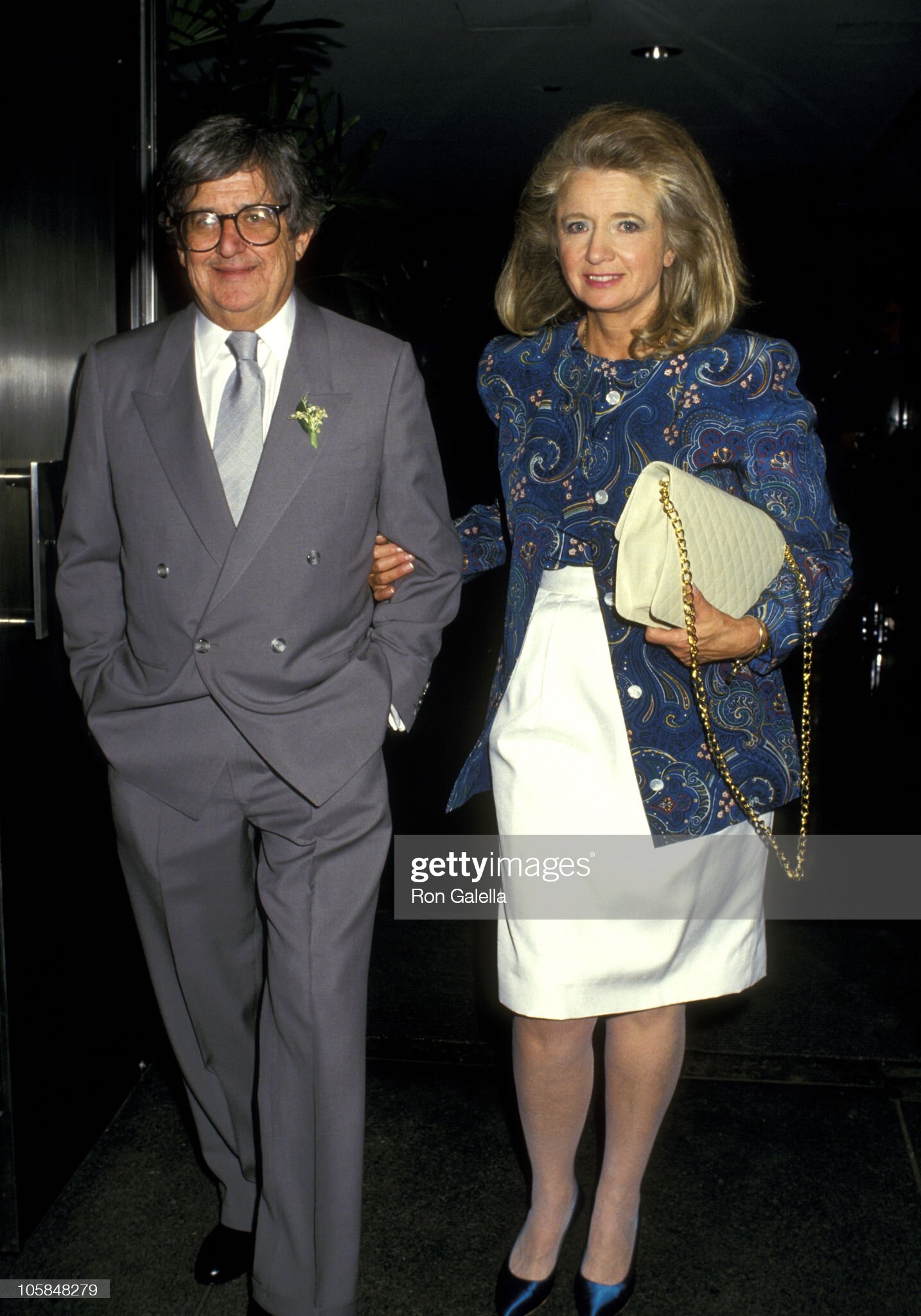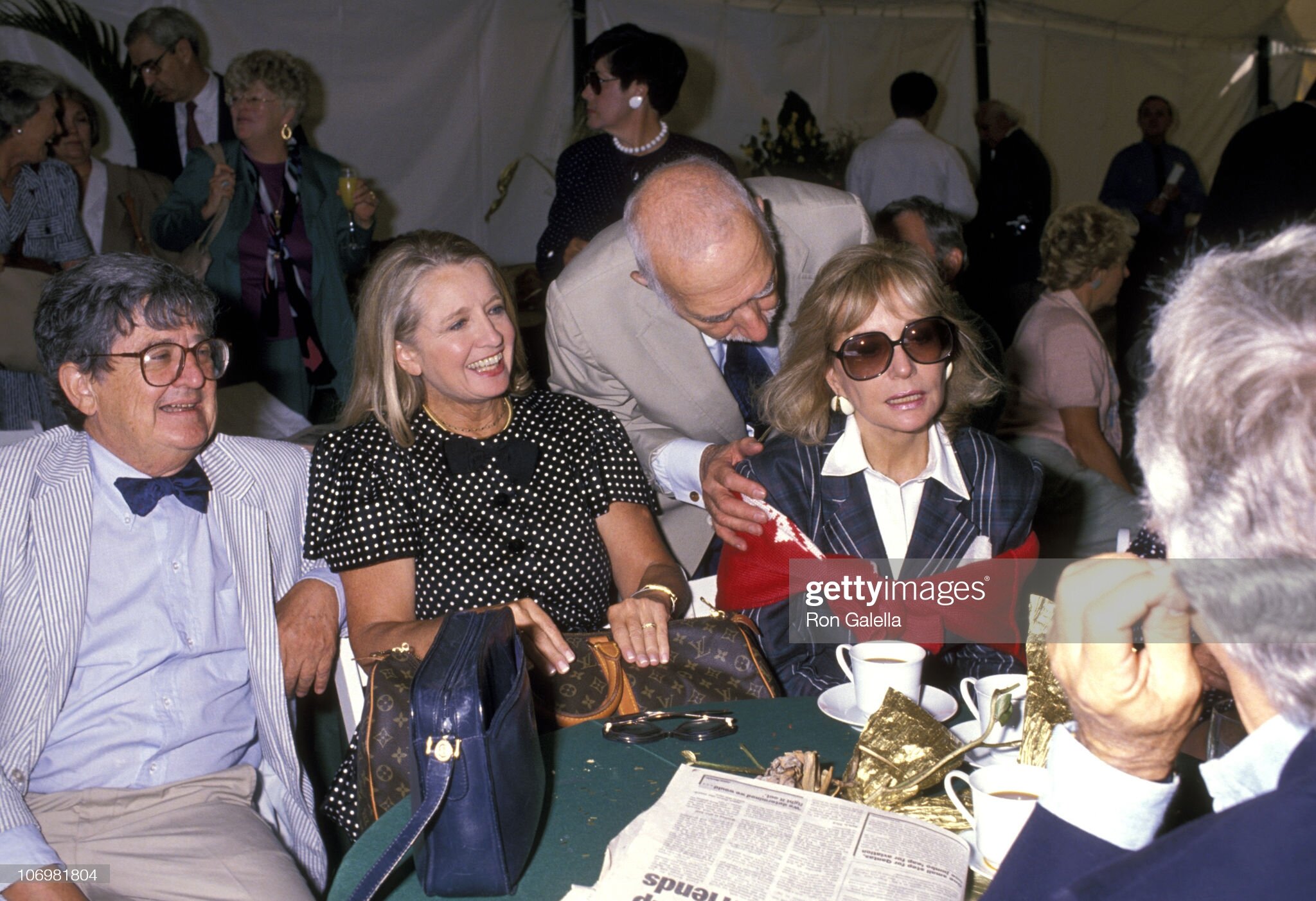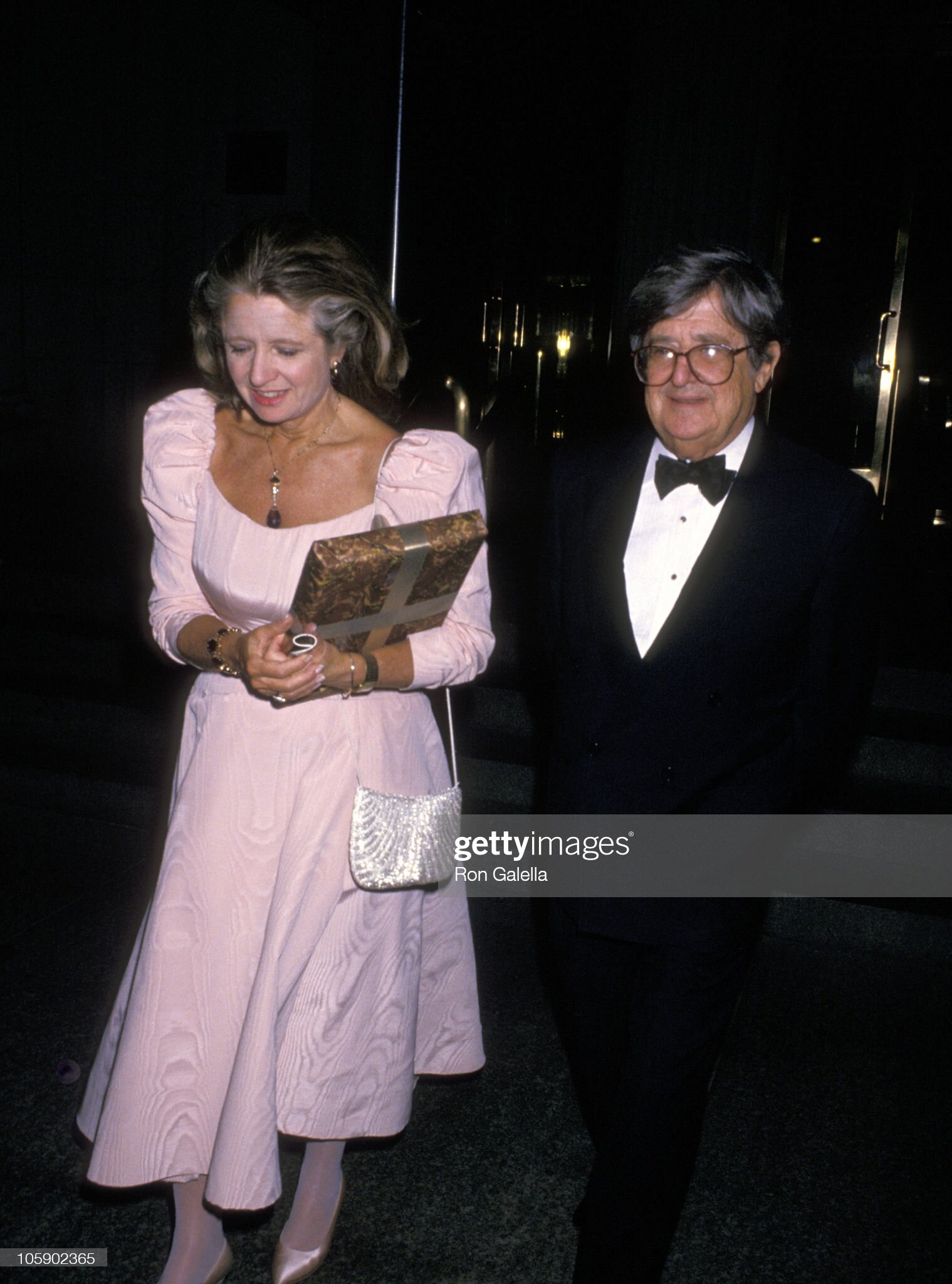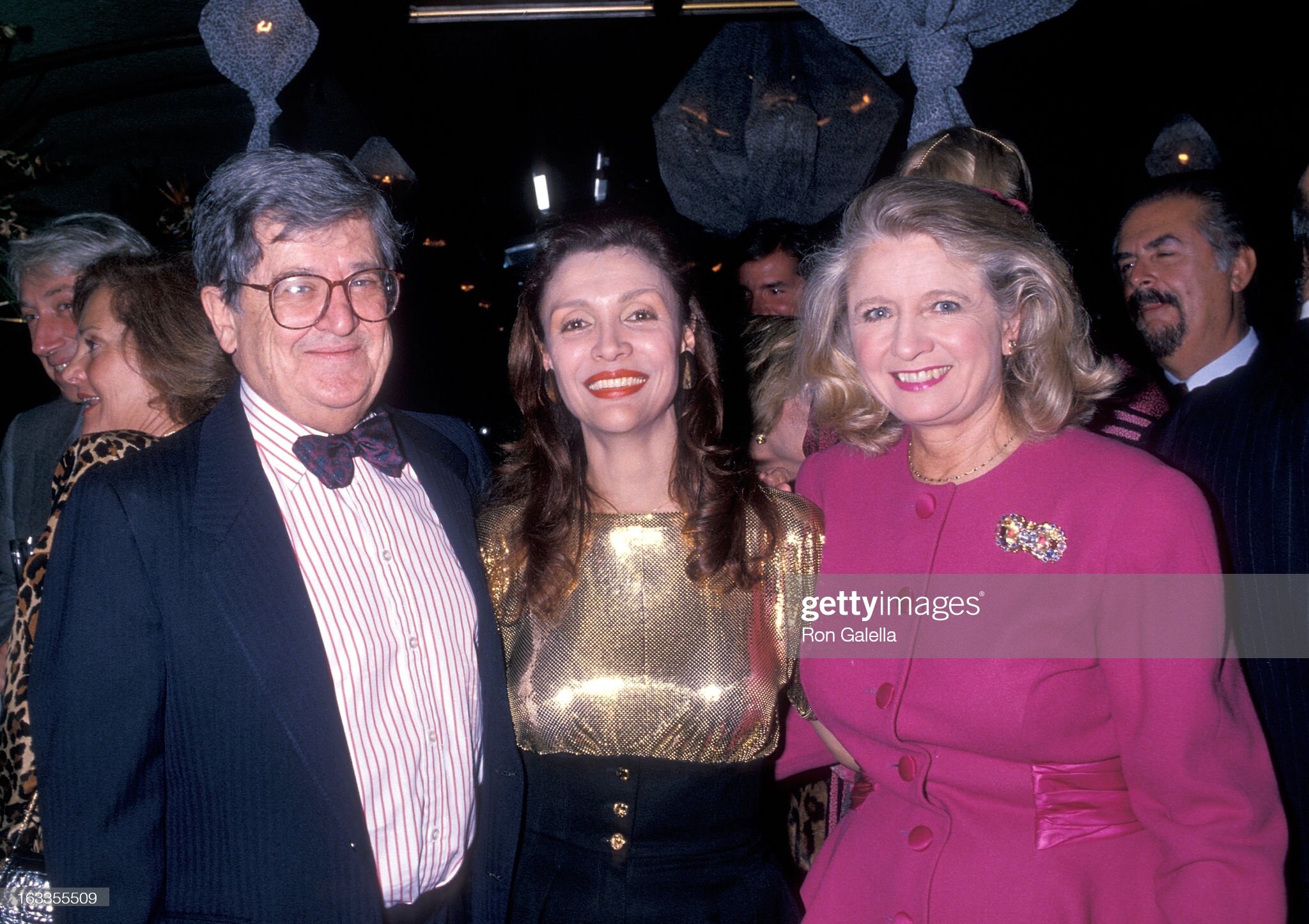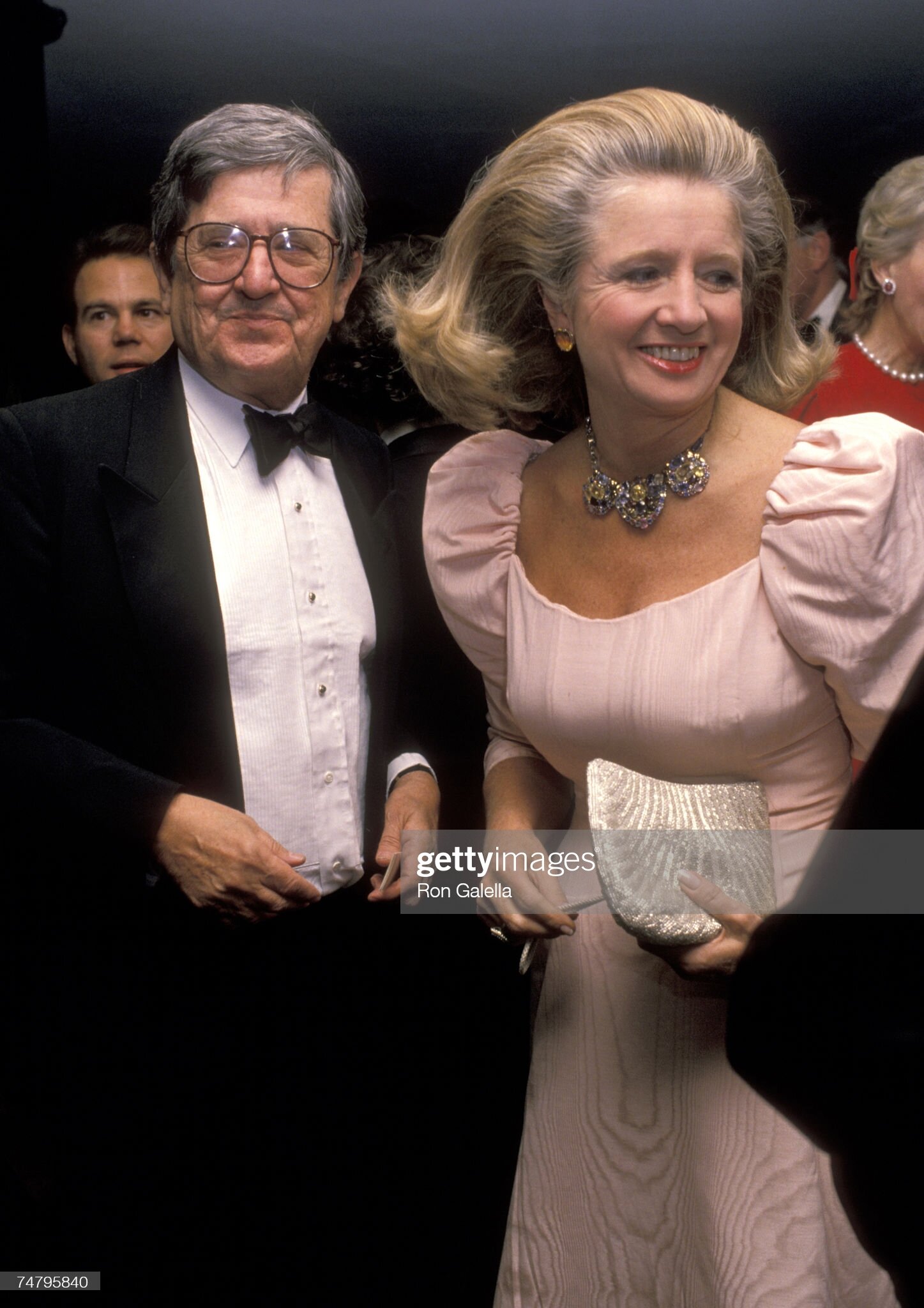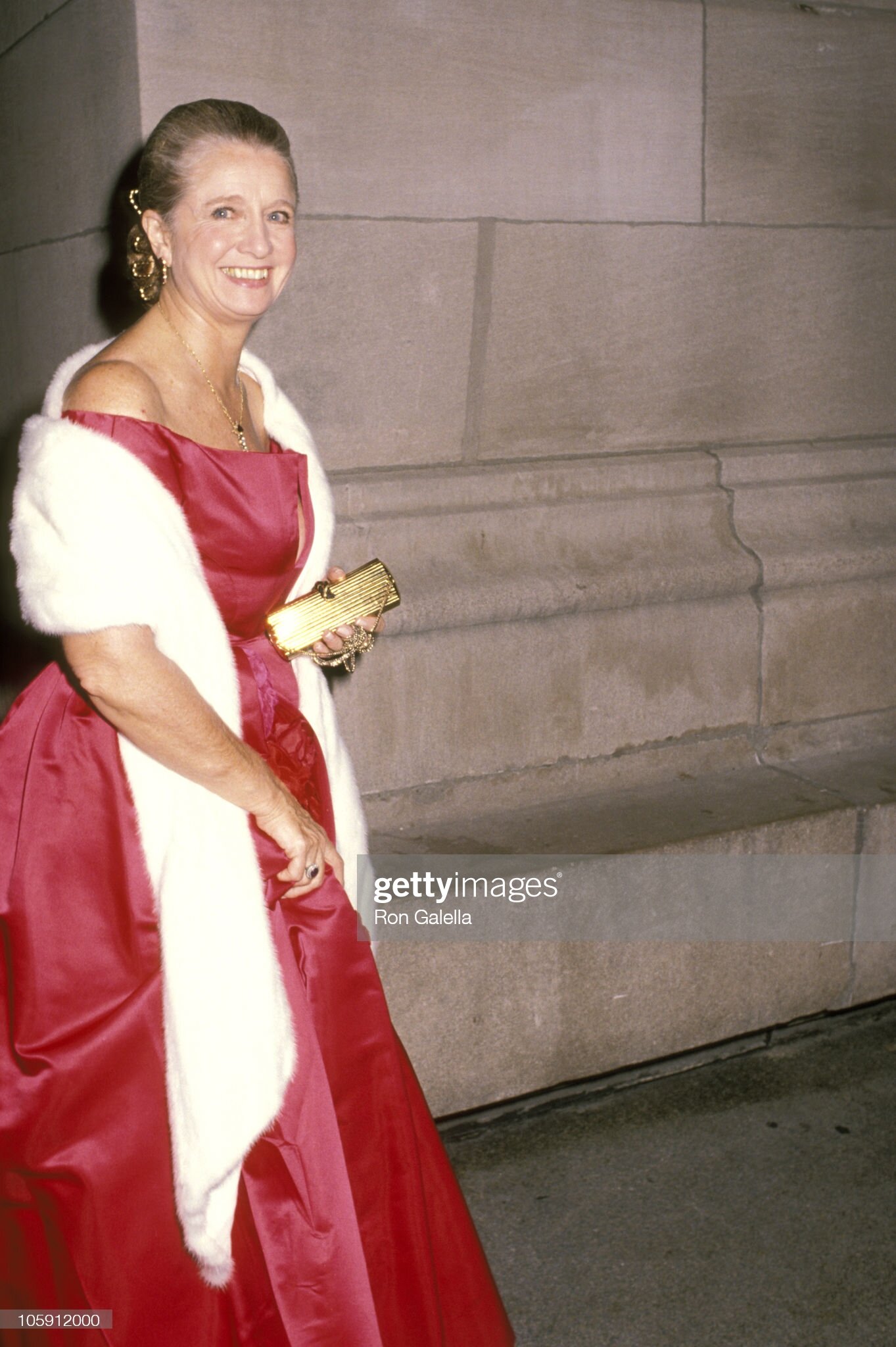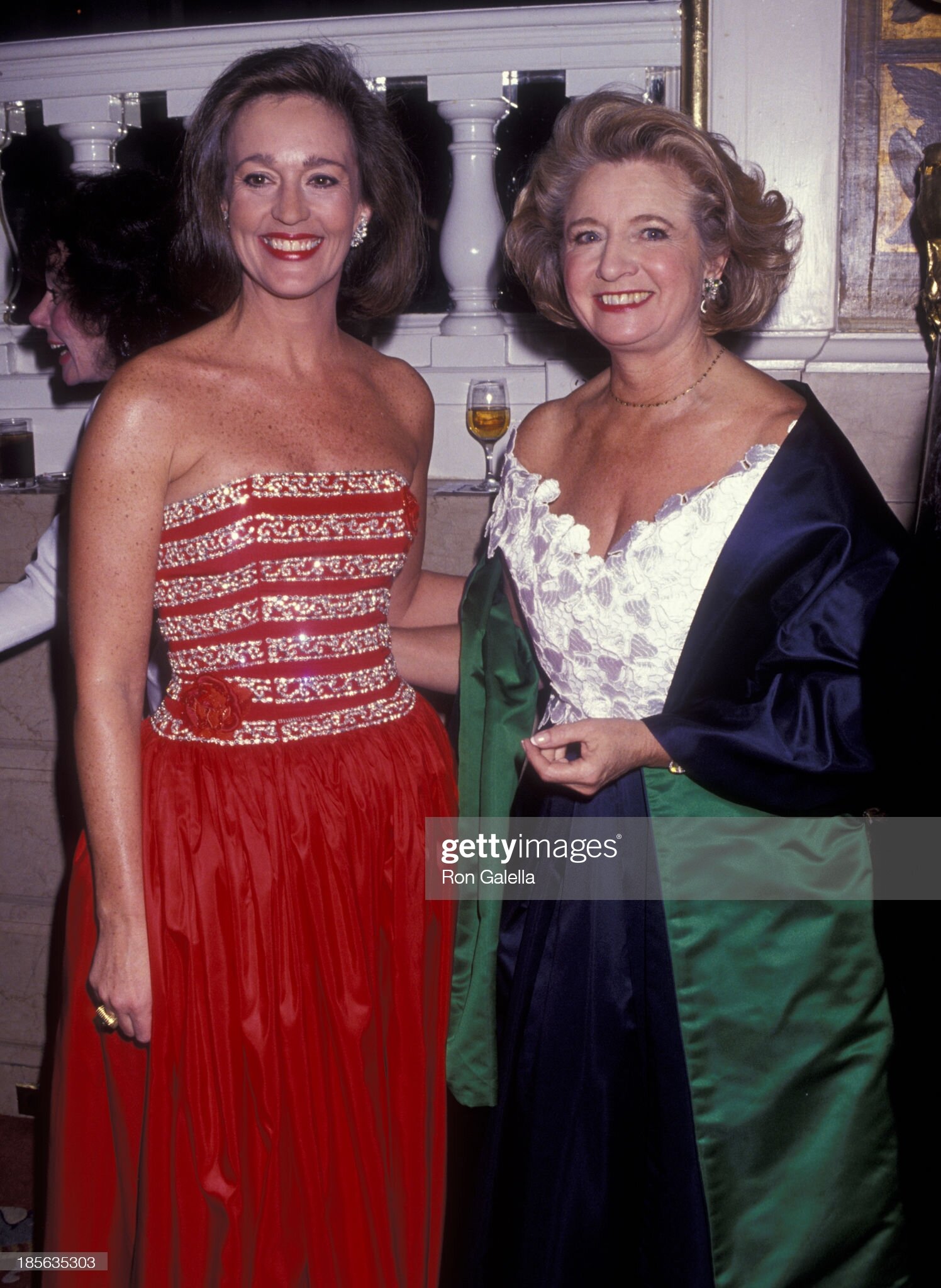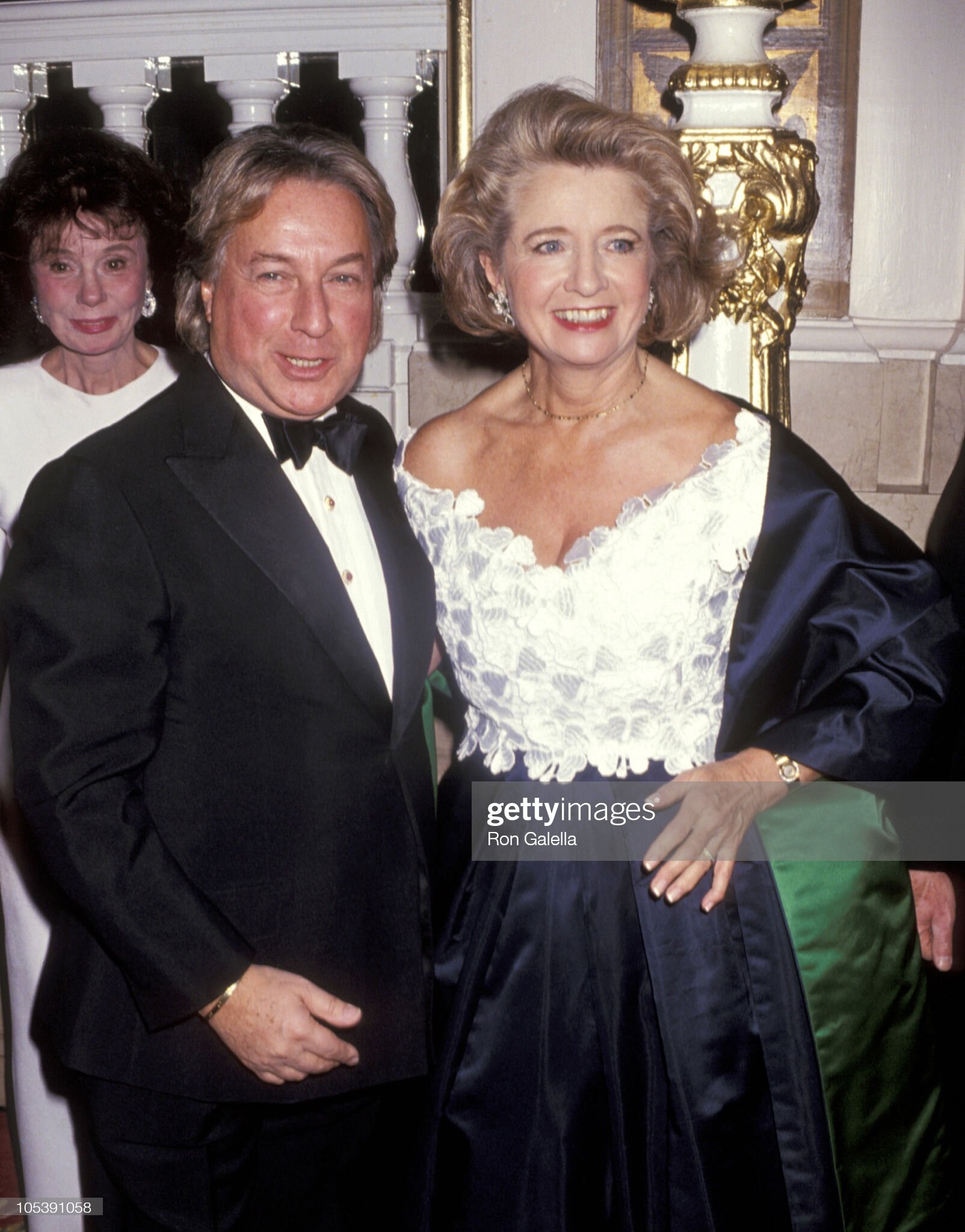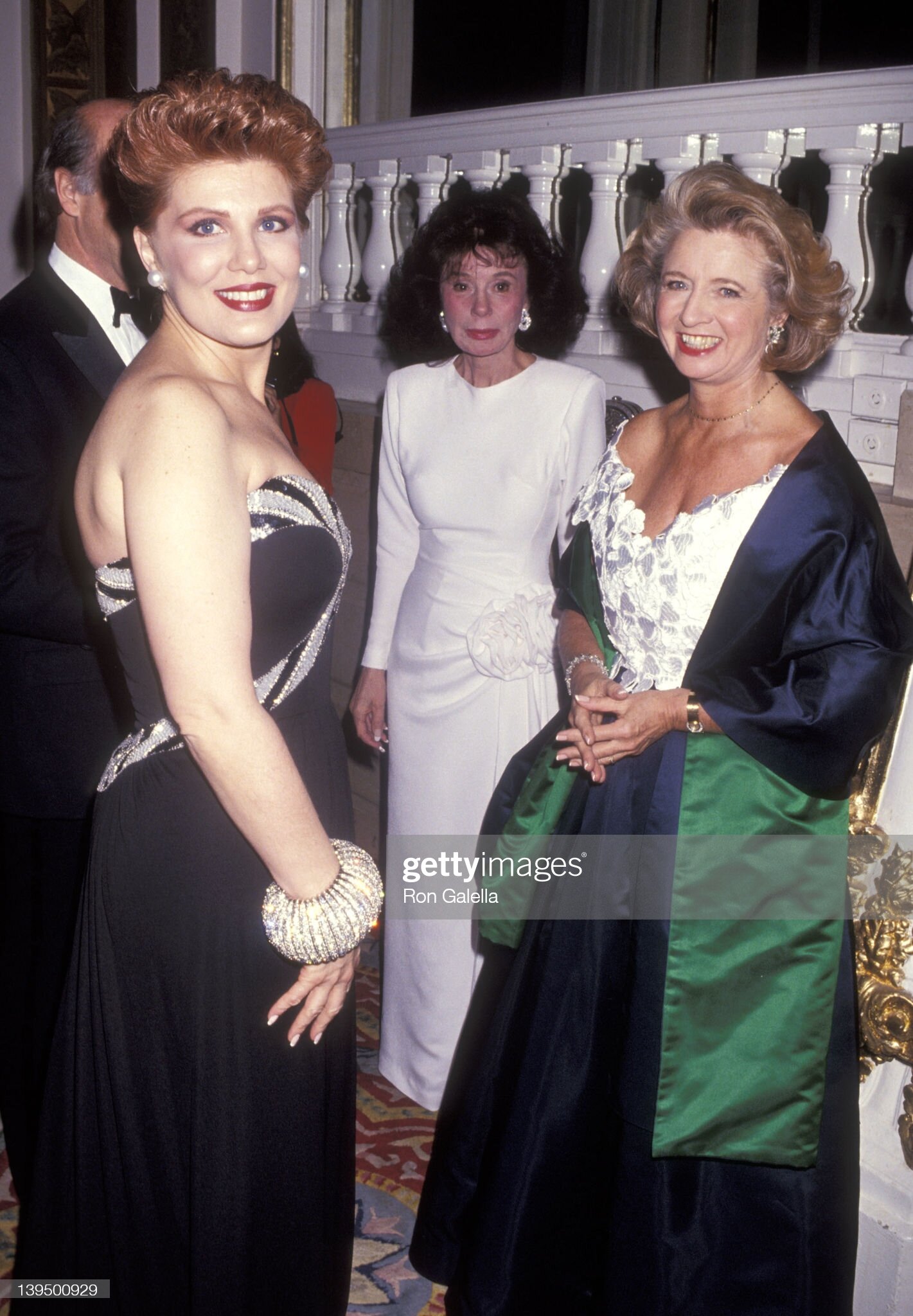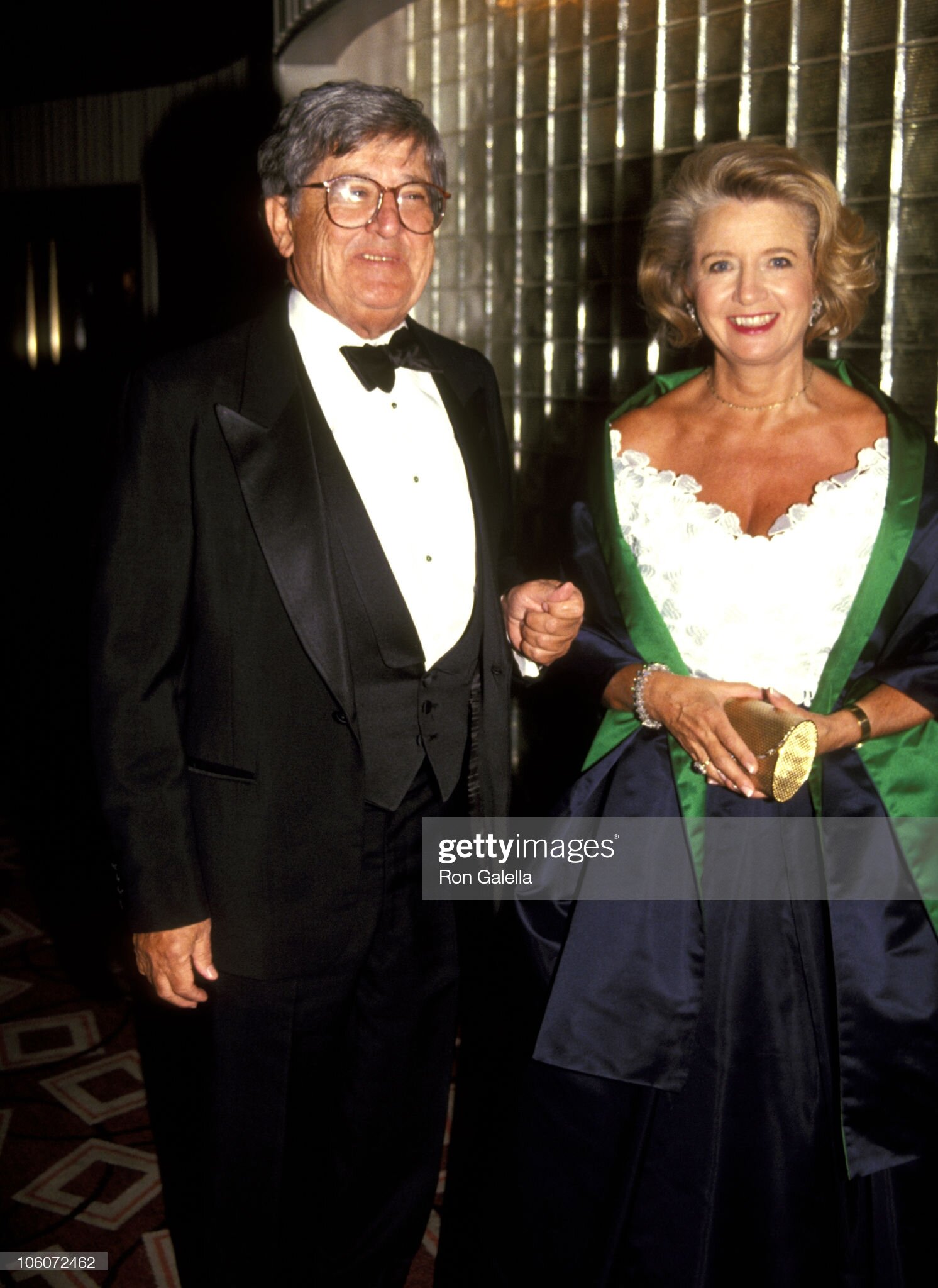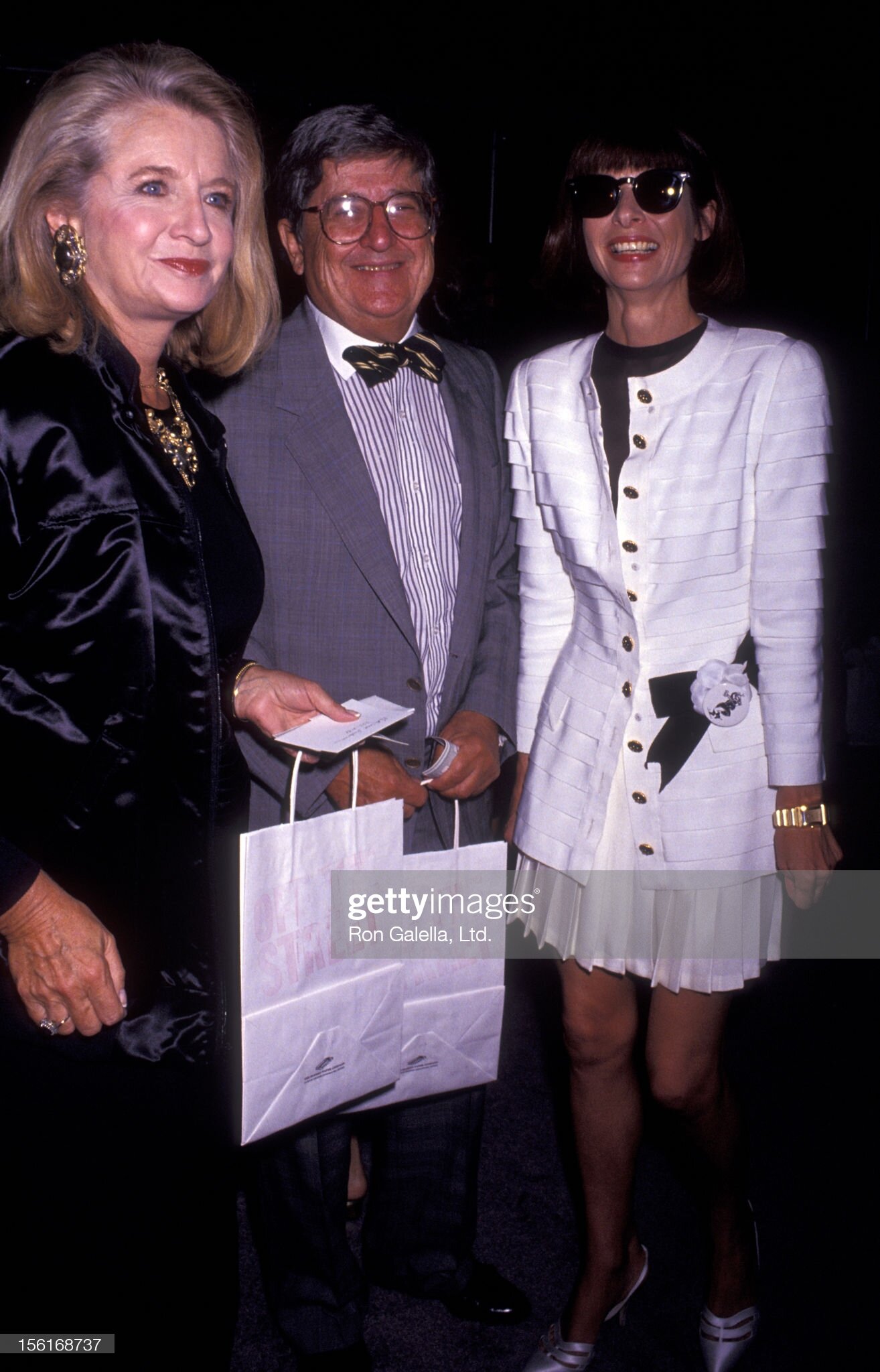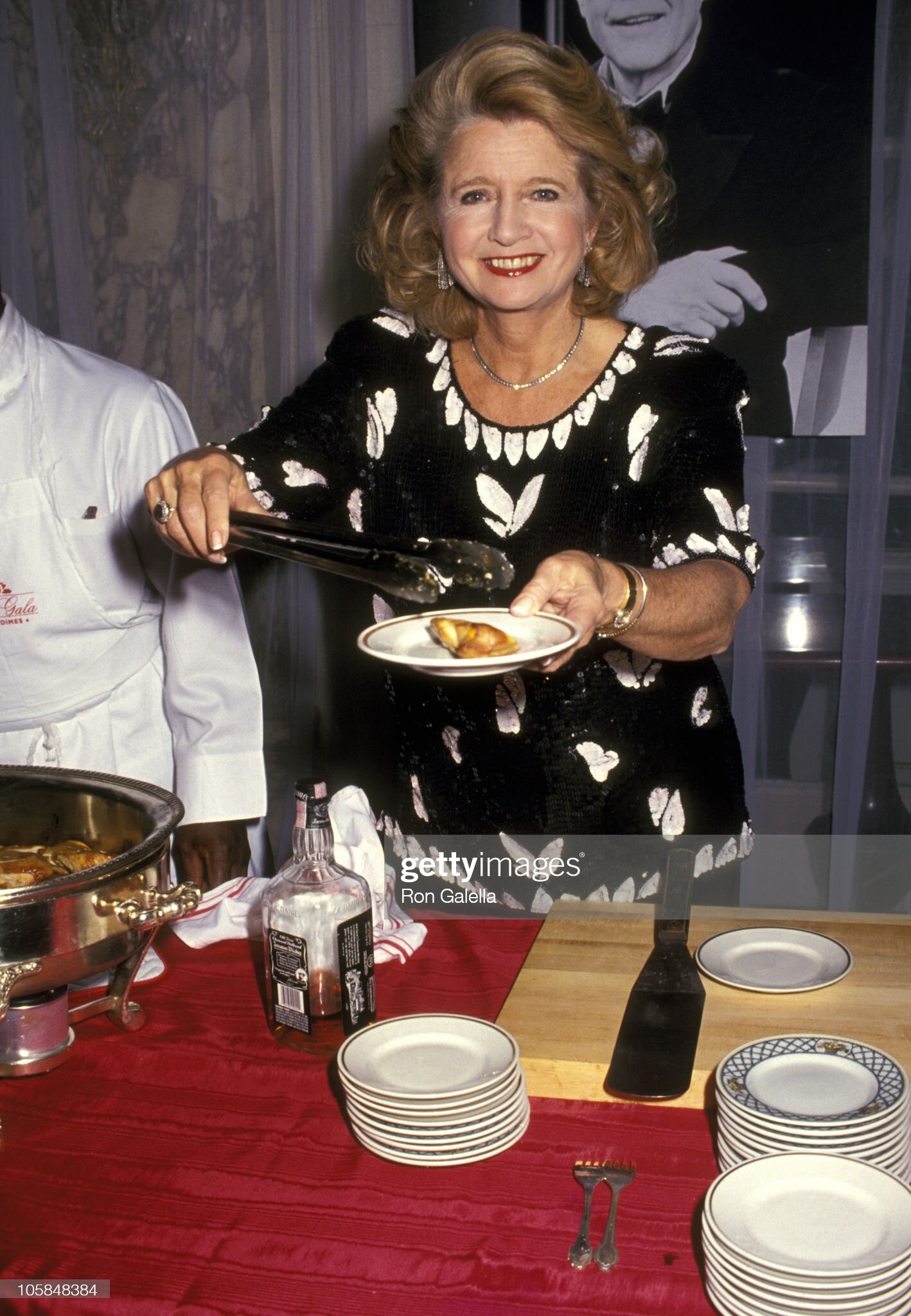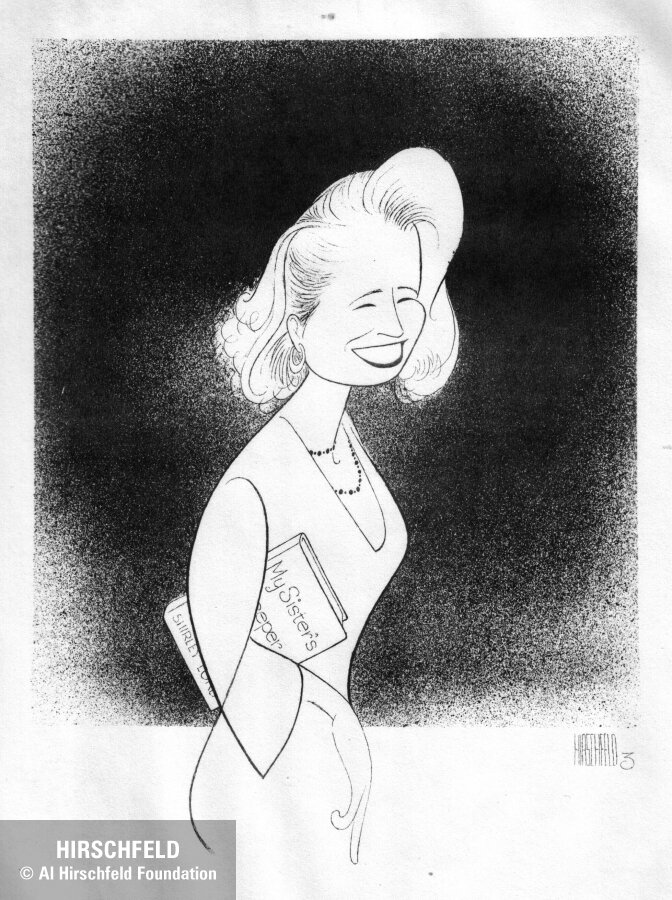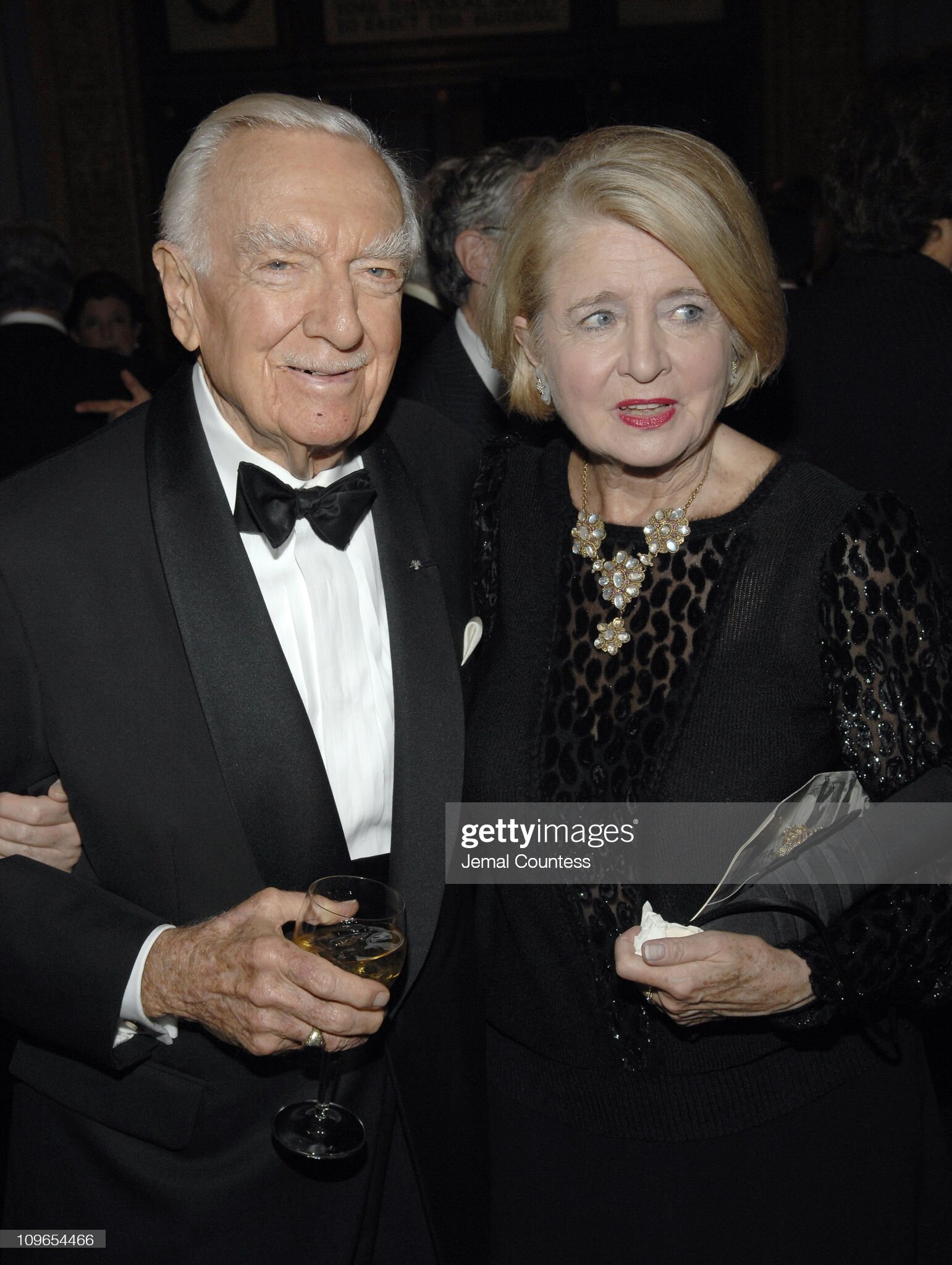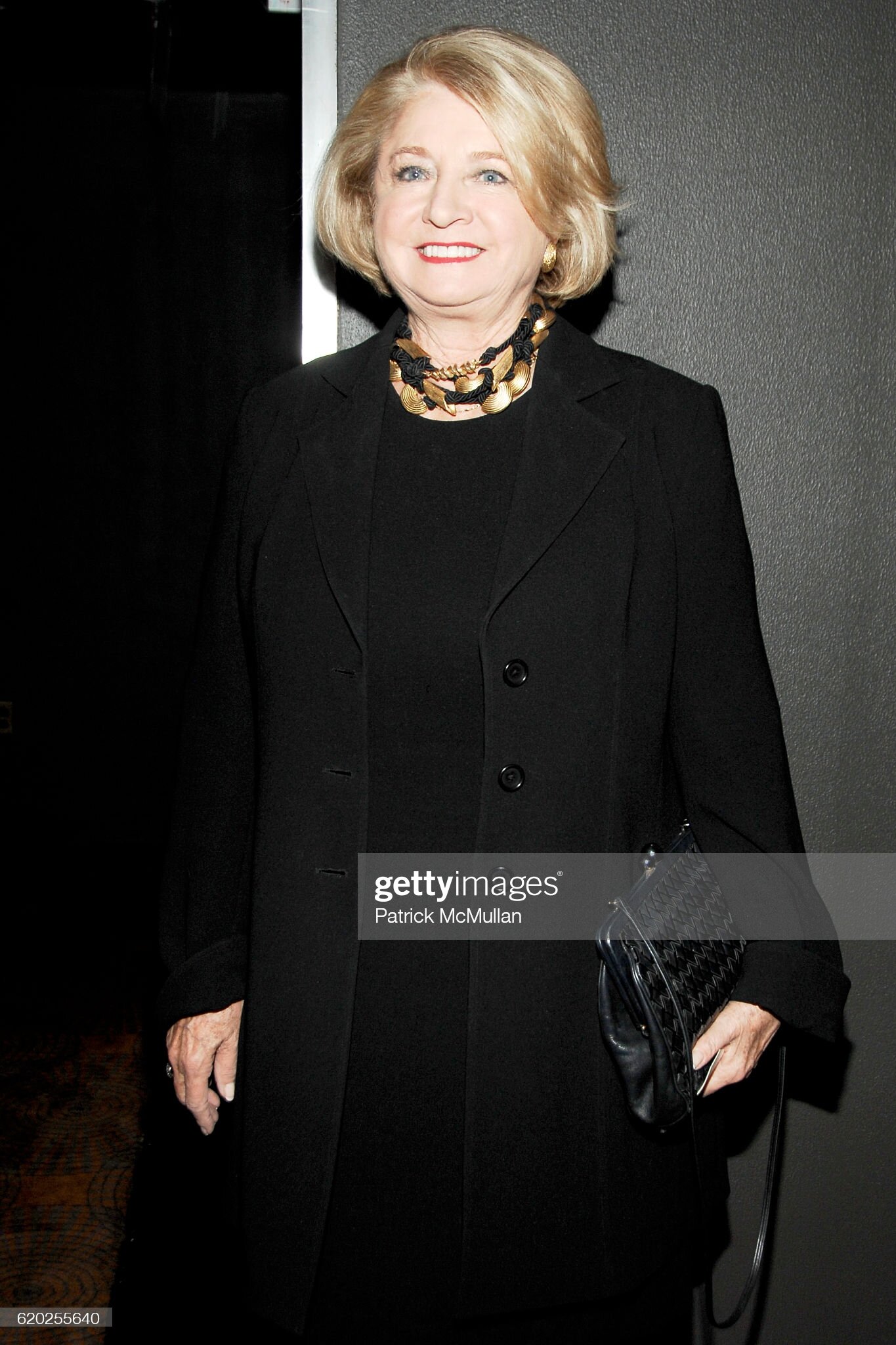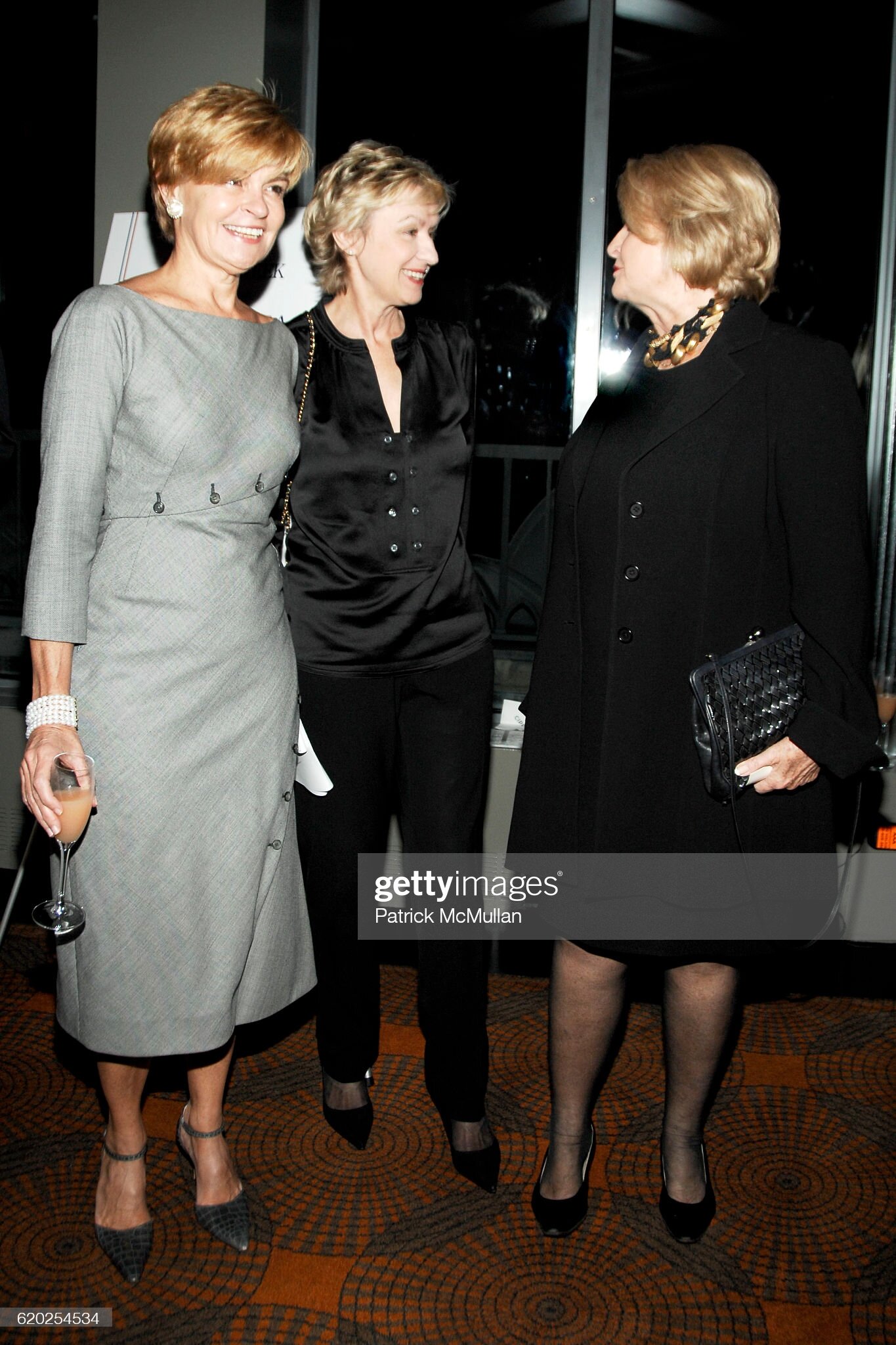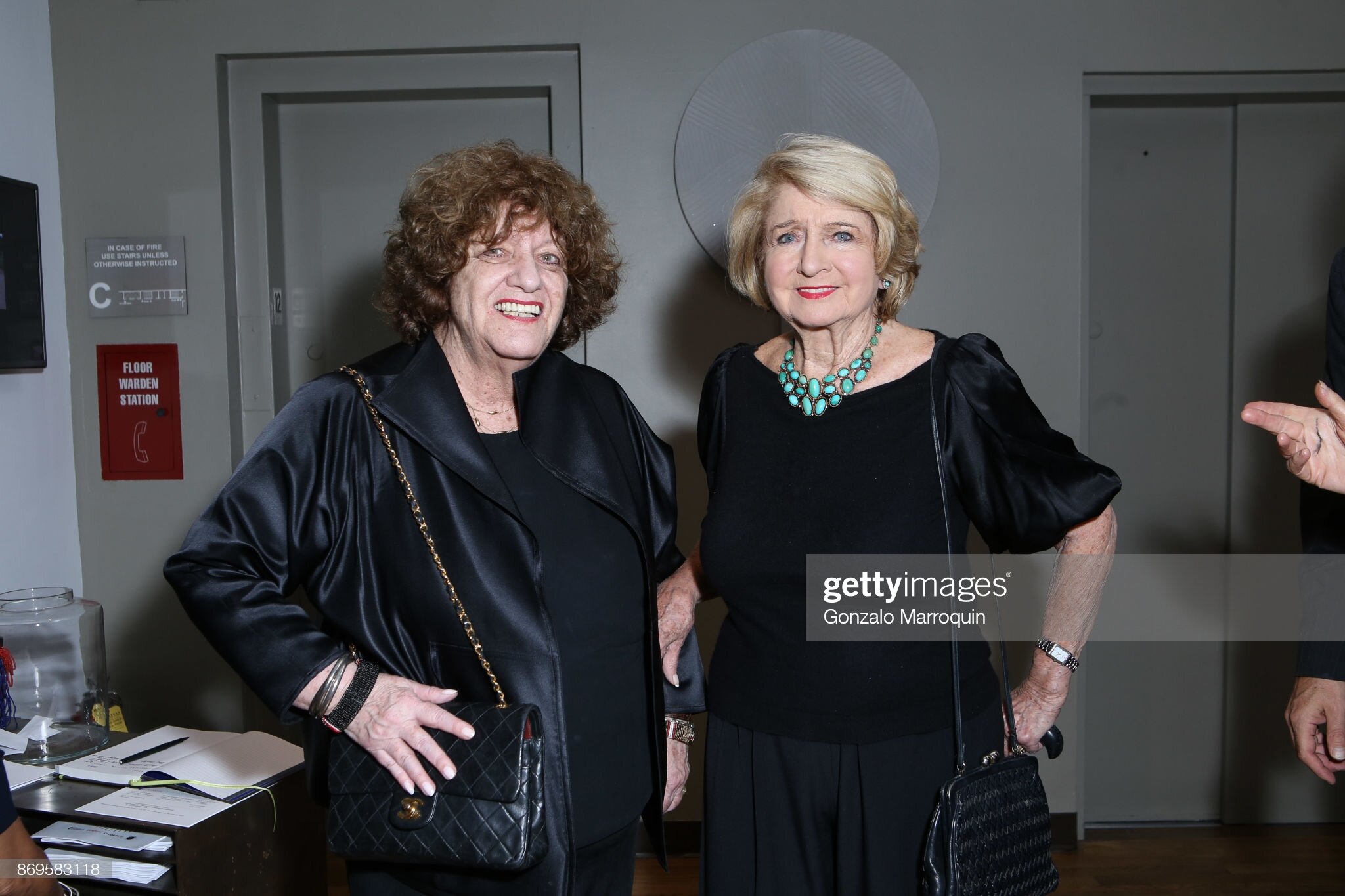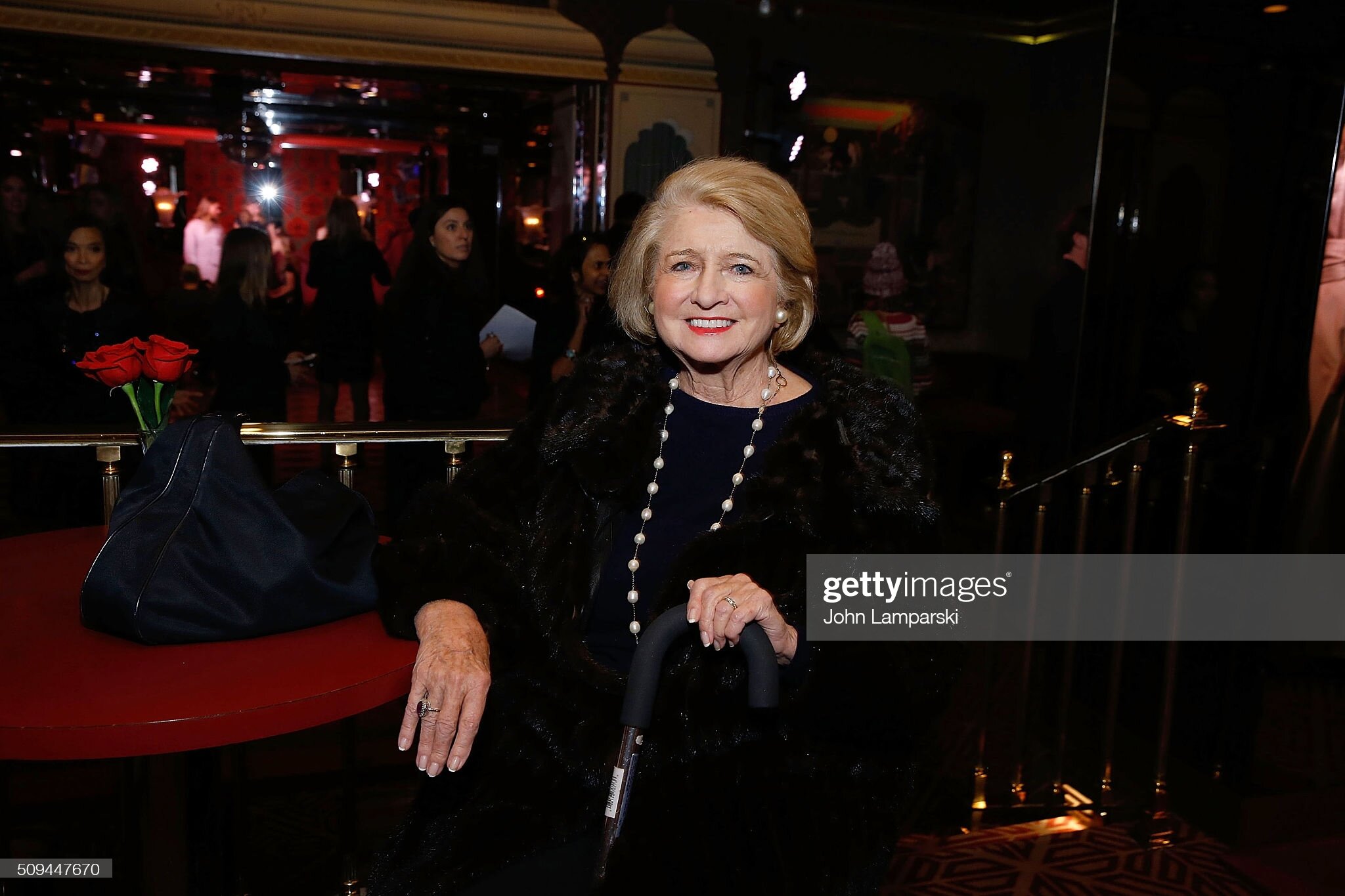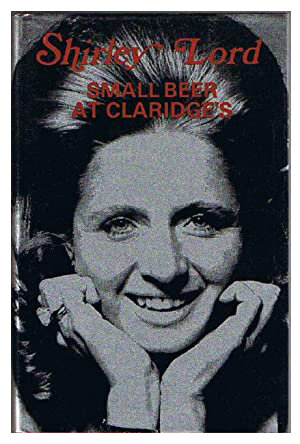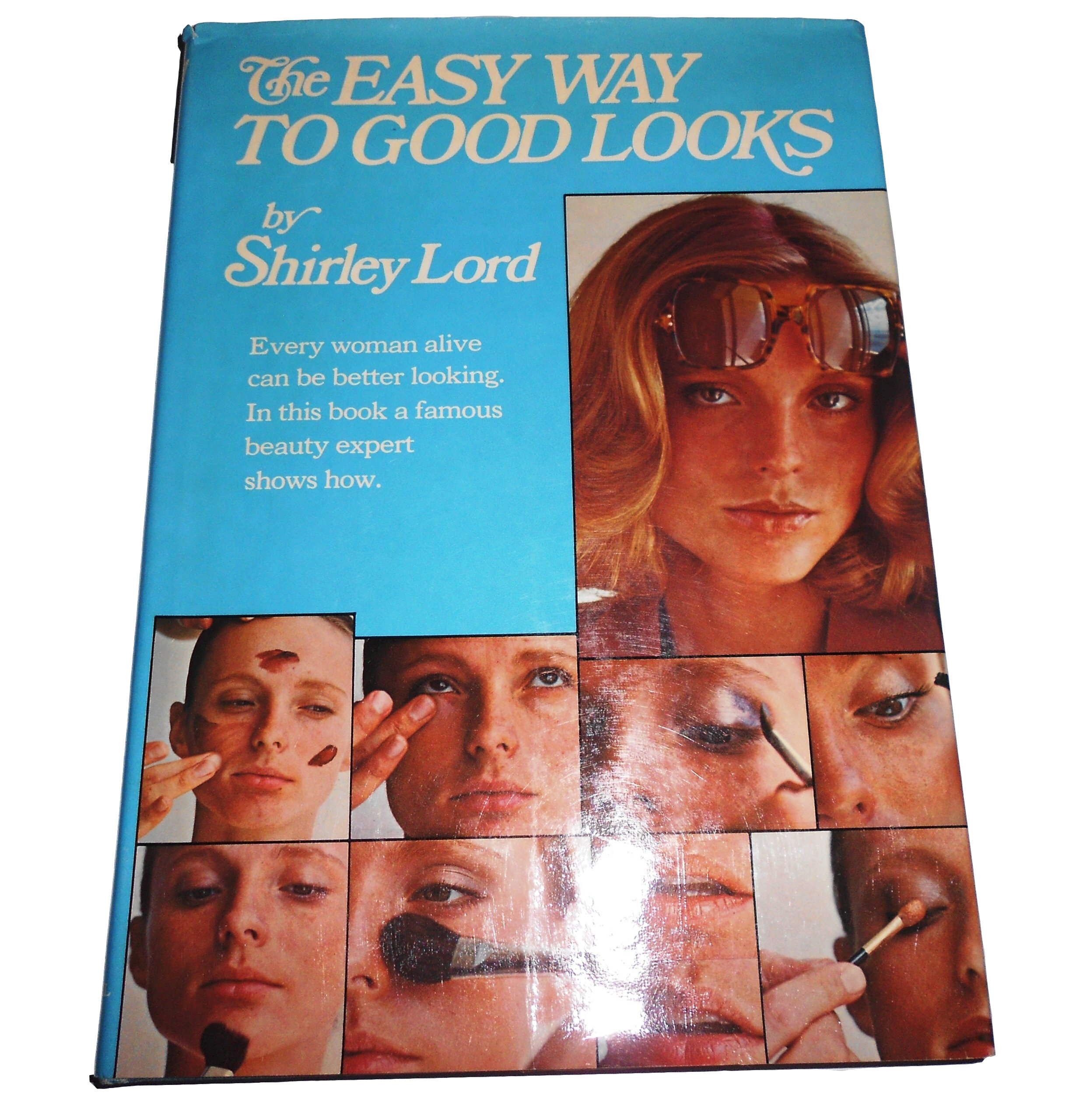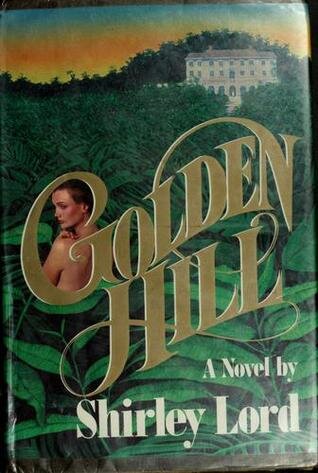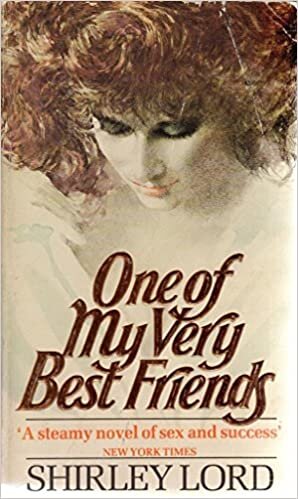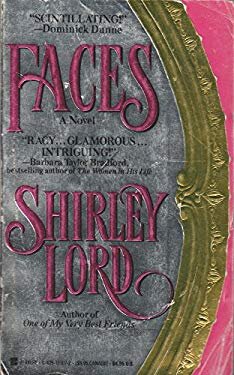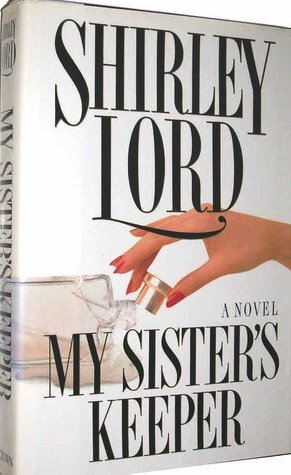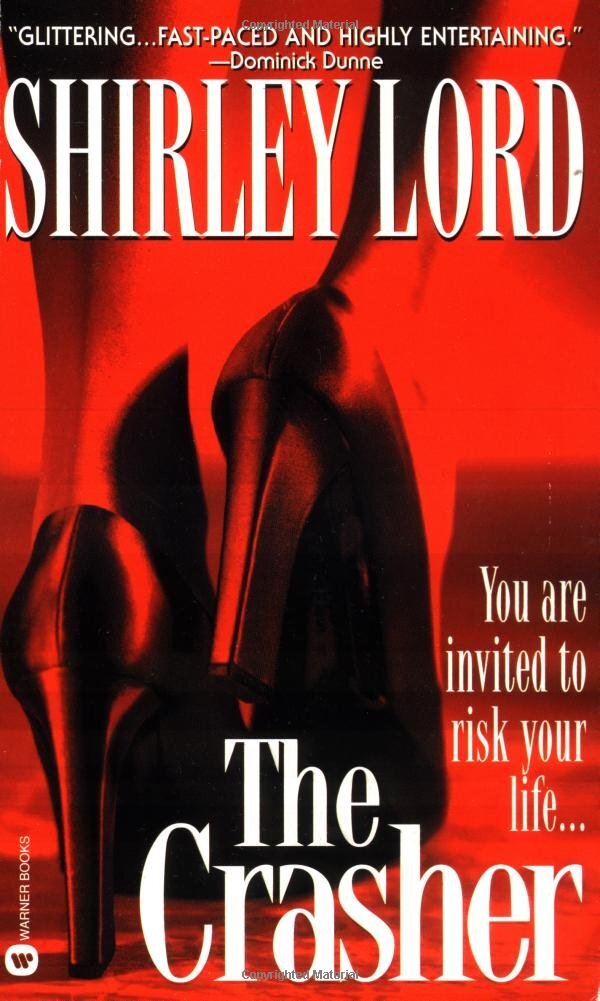Episode 27: Shirley Lord
Shirley as a child.
When I look back on my interviews for this podcast, it is apparent that many of my interview subjects are wholly self-created—that they decided on the life they wanted and went after it with total commitment and drive. This week’s subject encapsulates this self-creation with grace and poise that belies the work it took to achieve her dreams. Shirley Lord rose from Cockney lass to one of the most influential people in the beauty industry through grit, good humor, and a passion for journalism. In June I visited her in her very elegant East 60s home where the 89-year-old opened up to me about all aspects of her life, career and five marriages.
Though she doesn’t talk much about it in this interview, Shirley Stringer was born into a working class family in the East End of London (first Leyton, then Walthamstow) and from a very early age aspired to be an author and journalist. With a singleminded commitment she focused all of her attention and work towards this goal. Getting a job straight out of school as a sixteen-year-old typist with a newspaper’s readers’ services, Shirley then took every opportunity she could to move up and get her writing in front of editors. Moving from publication to publication, she jumped to secretary then to assistant editor before becoming fiction editor of Home Notes at 19. By 21 she was a feature writer for Good Taste magazine, interviewing famous film stars and musicians, and at 24 she was features editor of Woman and Beauty—thereby stepping into the life she knew was right for her. Caught between the small world of her East End life and the glamorous, cosmopolitan West End media world, Shirley entered into a loveless marriage in her early 20s with a long-time local sweetheart, had a son and settled down in a suburban home—having to take the train into London every day for her job, truly split between two identities.
Cyril Lord and Shirley leaving their wedding at Old Marylebone Town Hall, 1960.
When Cyril Lord, the famous British carpet magnate, fell in love with her during an interview, she soon found herself at the center of two controversial divorces all over the newspaper front pages. They married in January 1960, when Shirley was 27. She found herself moving in the upper echelons of society, she describes it in her 1968 memoir, Small Beer at Claridges: “Now I was meeting interview ‘material’ on their own level”—quite a change from the working class world she grew up in. Standing firm, Shirley continued to work while married—in this interview you’ll hear her chart the various newspapers and magazines she wrote for and her path to British Harper’s Bazaar and the Evening Standard (under Charles Wintour, Anna’s father) in London.
When Cyril wanted to escape high British taxes, Shirley found herself in the early 1970s in Barbados with a husband she didn’t love, far from her work and in love with their architect, the prominent Caribbean real estate developer David Anderson. As she describes it, she “ran away”—alighting in New York through the help of British Harper’s Bazaar. What was meant to be a brief stay became a permanent move, of now over 40s years. Shirley worked at American Harper’s Bazaar and then Vogue, contributing to the field of beauty writing at a time when the industry was undergoing a seismic shift from a magazine and commercial backwater to the multi-billion dollar behemoth it is now—as she says several times, the beauty industry and their ad dollars “saved magazines.” Marriage to her architect love followed in 1974, along with a job in the private sector—by this time she was such a respected visionary in the beauty world that she was brought in by Helena Rubinstein to be their vice president (scroll down to read an article about the “beauty breakfasts” she mentions in the podcast). Shirley spoke with me of the many things she learned while on the business-side of the industry and her happiness to return to journalism and Vogue after five years.
Shirley Lord, 1976.
A major player in the New York social scene throughout this time, in the mid-80s Shirley was introduced to Abe Rosenthal, the legendary editor of the New York Times. The pair married in 1987 and settled into a hectic social life of galas and literary dinners, which was heavily profiled in the press. They spent their weekends in Bellport, Long Island, where Shirley wrote novels. Drawing on her deep knowledge of the beauty and fashion industries, they are in the vein of Judith Krantz and Jackie Collins—wildly enjoyable reads that are perfect for whenever you need a true escape. Shirley stayed at Vogue until the end of the 1990s when Samuel Waksal persuaded her to join the early dot-com beauty website, ibeauty.com. After it failed she returned to Vogue as a contributing beauty editor. Rosenthal passed away in 2006; since then Shirley has continued with her charitable endeavors, occasional writing, and also found love again with the artist Peter Heywood—they married last year in the midst of the pandemic.
We cover all of this and more in a very chatty and fun interview. Shirley is sharp and funny—her decades as a renowned hostess are obvious, as is the ambition that helped her rise to such success at such a young age. For more information on the early years of her career, seek out a copy of Small Beer at Claridges. Both this interview and that book put forward a clear case for actively pushing for your dreams and believing in yourself, no matter your background or what stands in your way—there is a lot of inspiration to be found in the way that Shirley lived her life, the goals she achieved and the happiness she found.
Listen and subscribe to the podcast in iTunes

